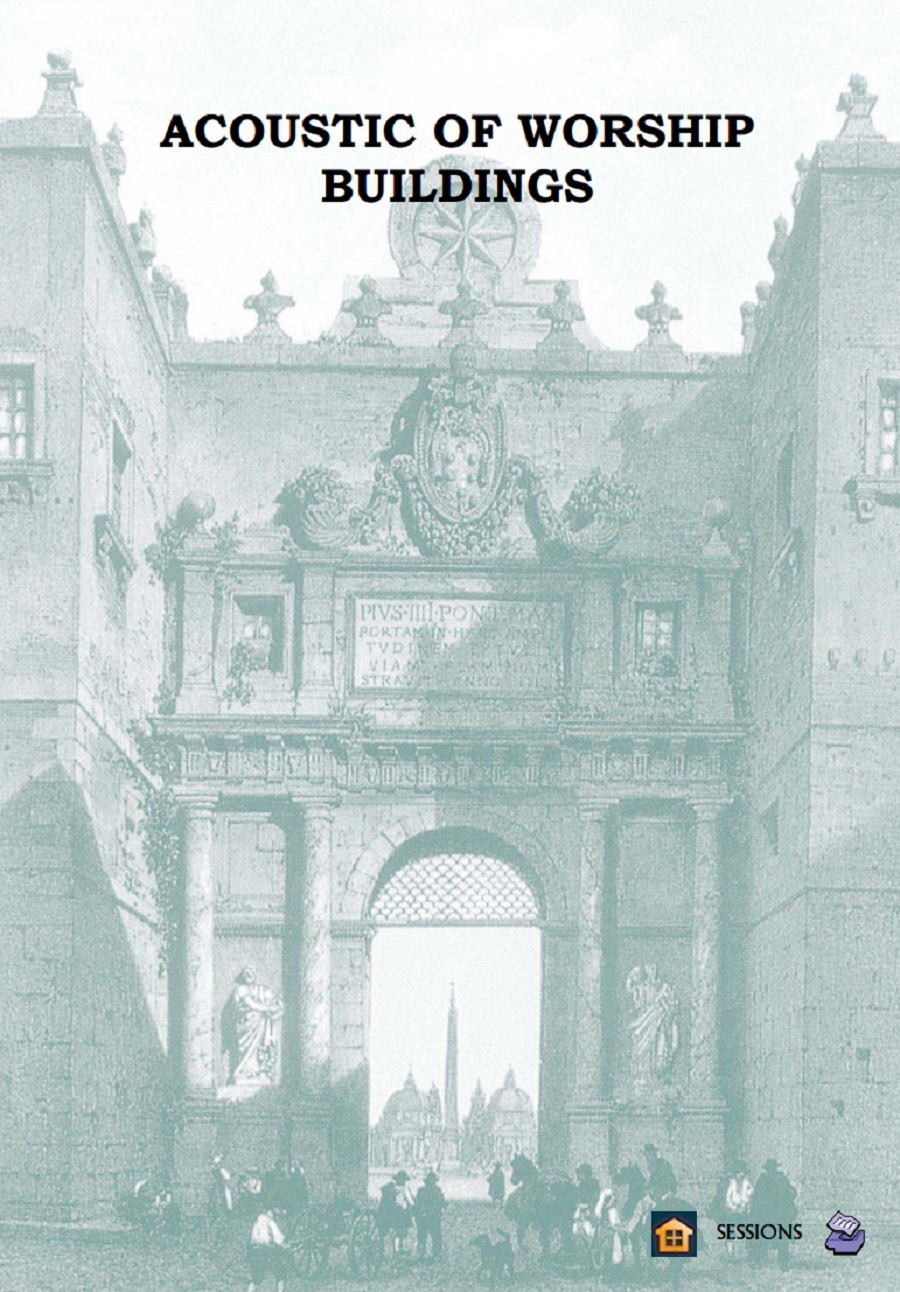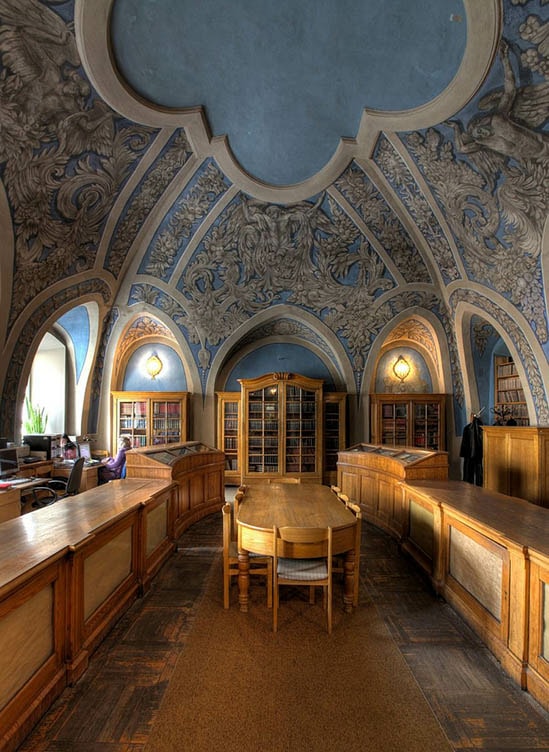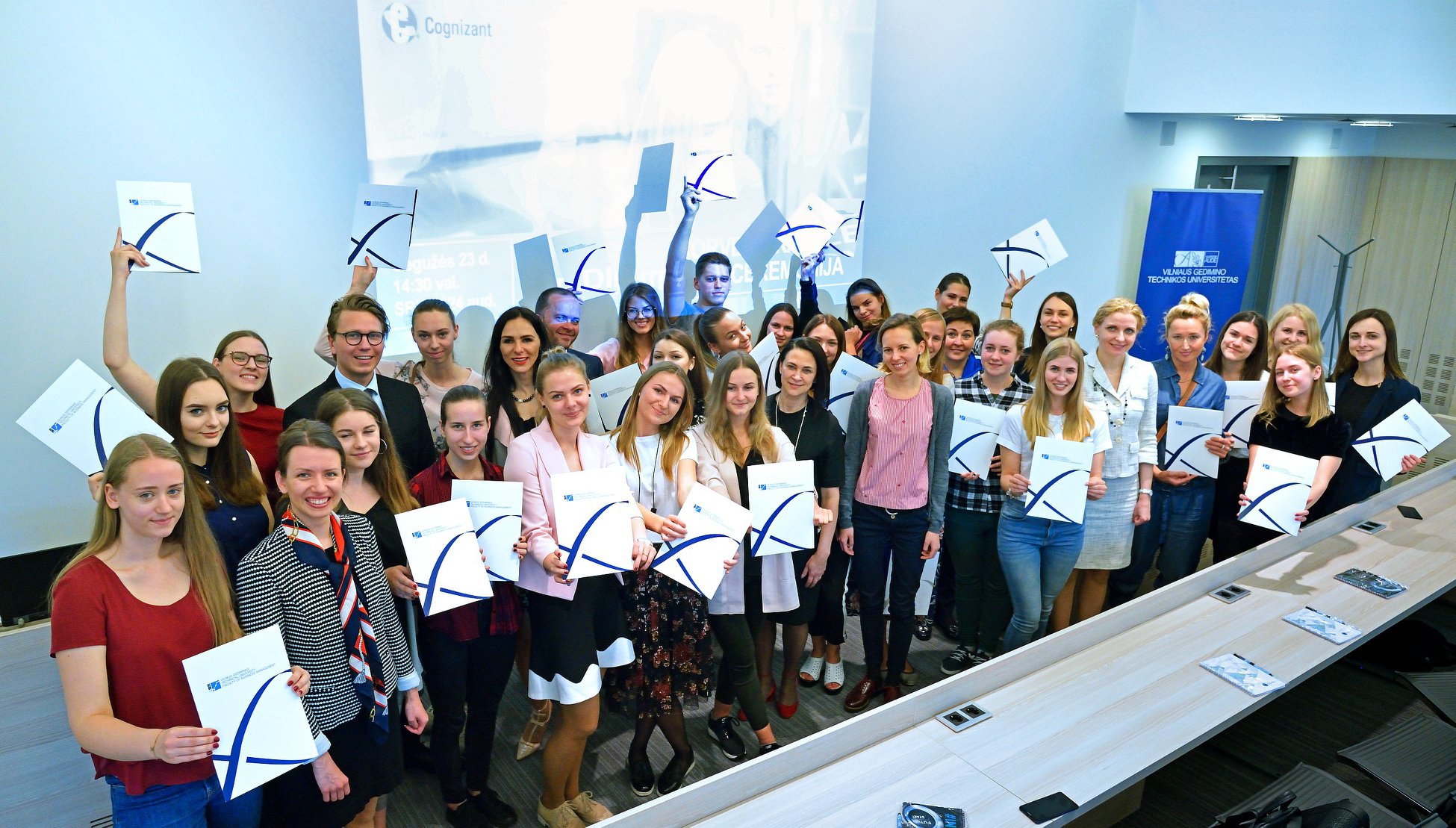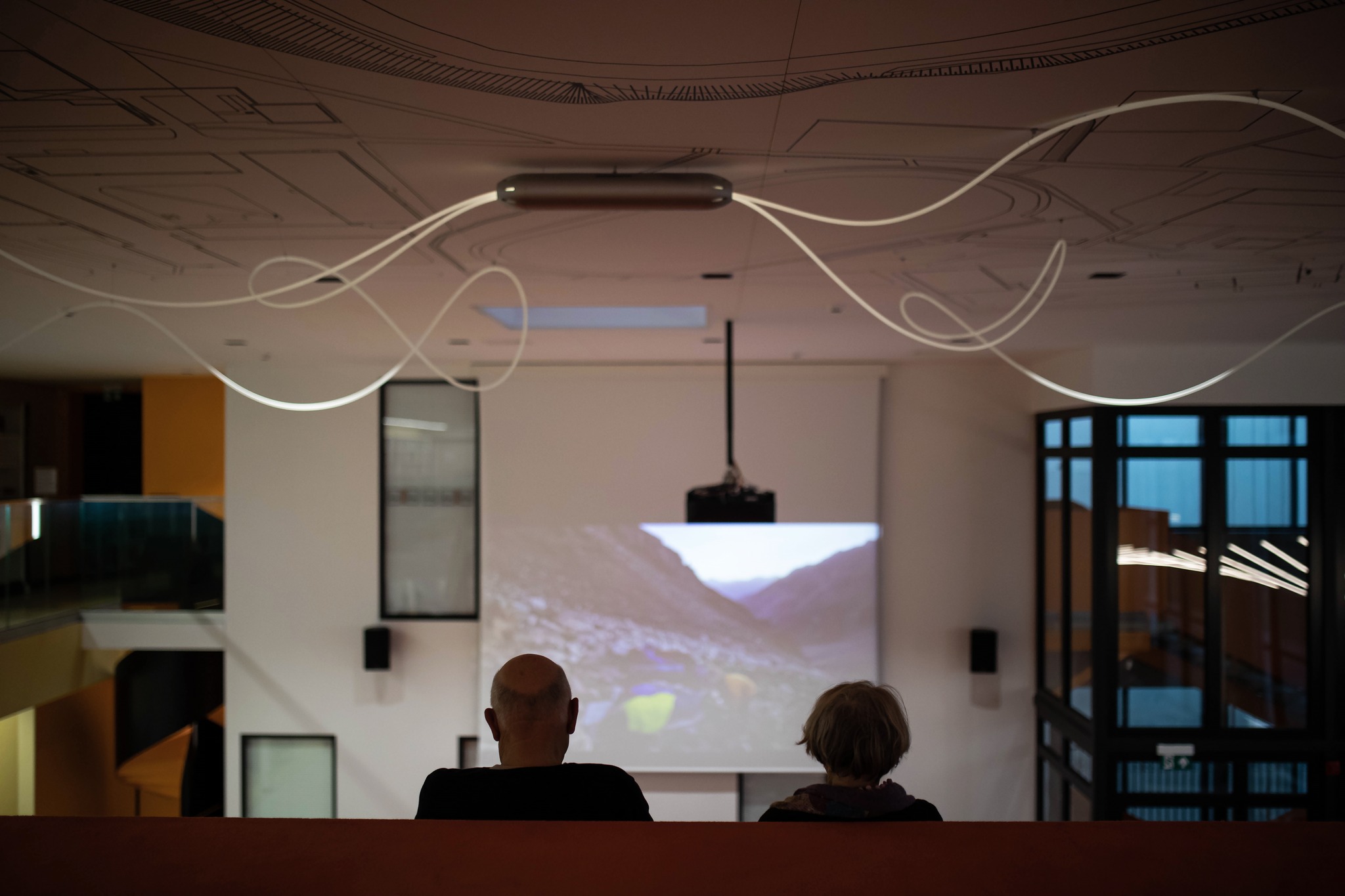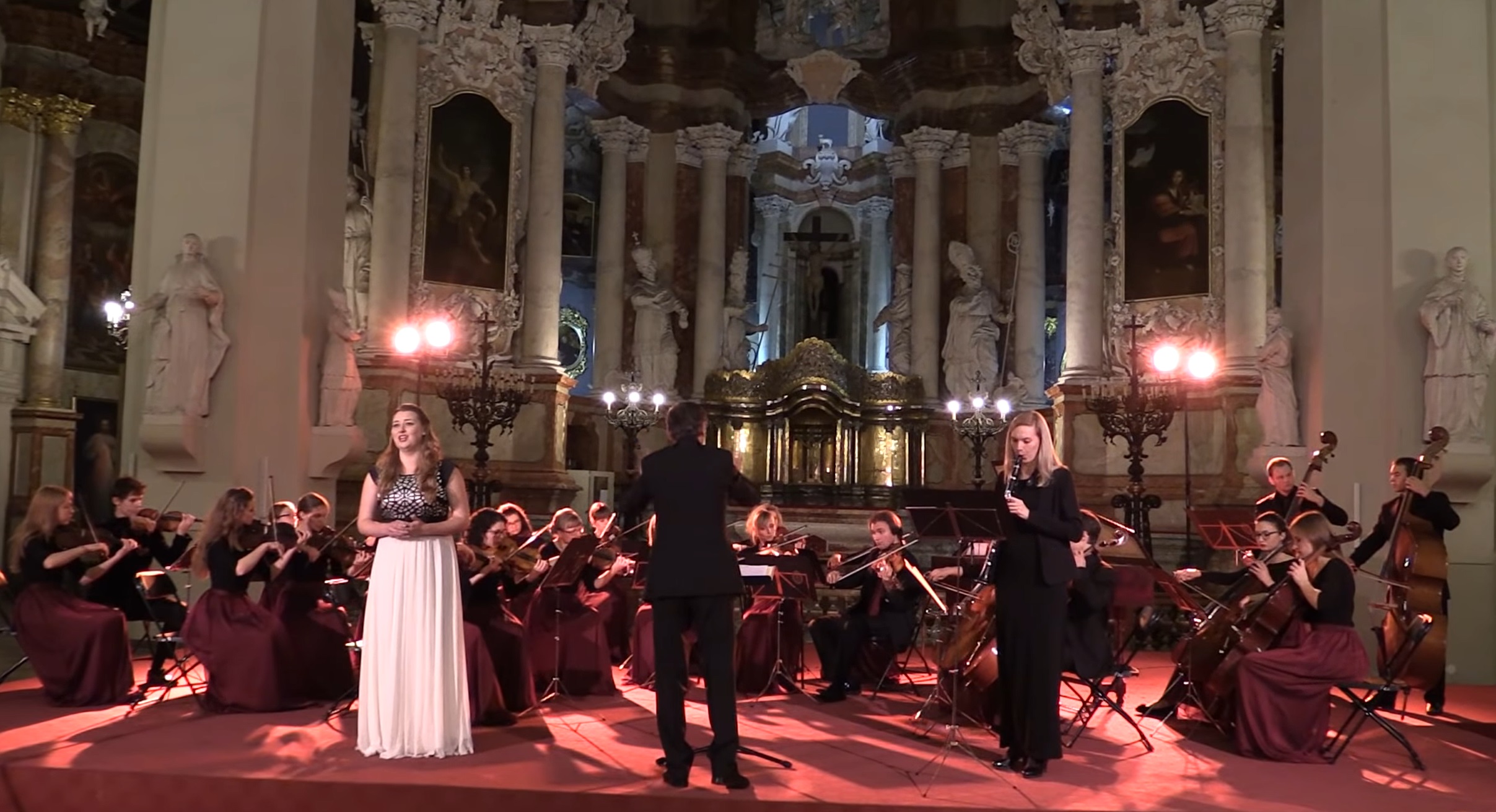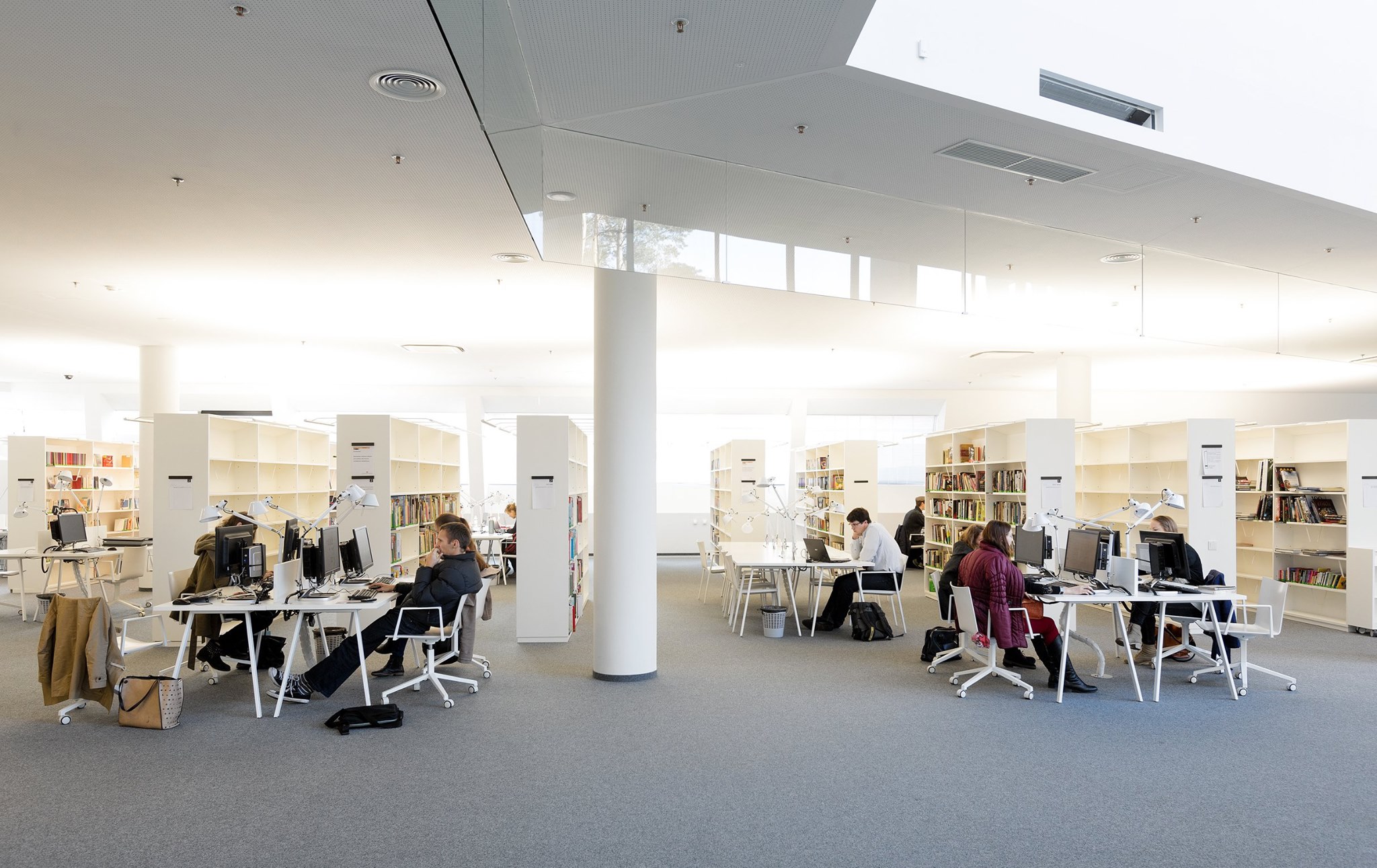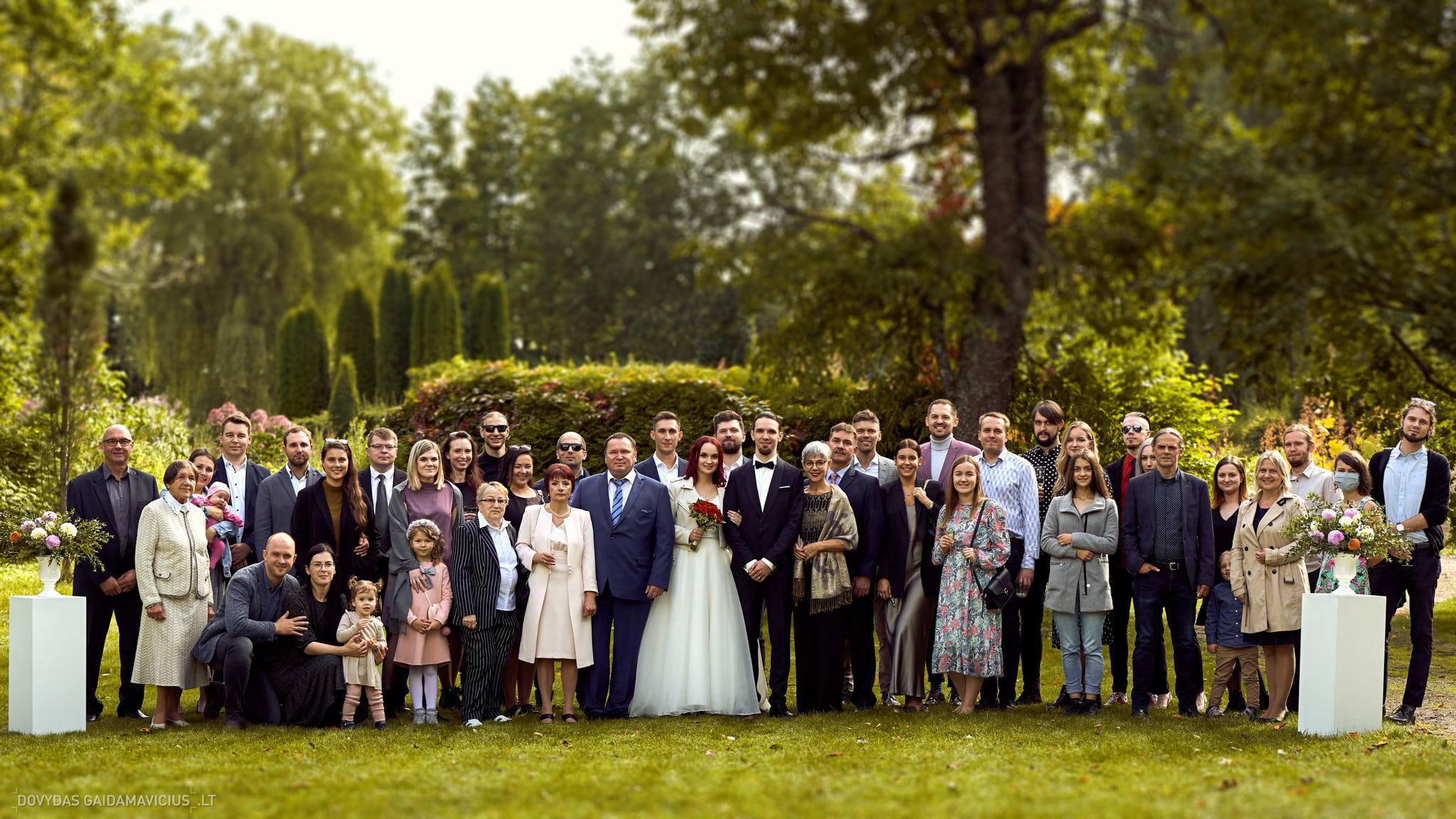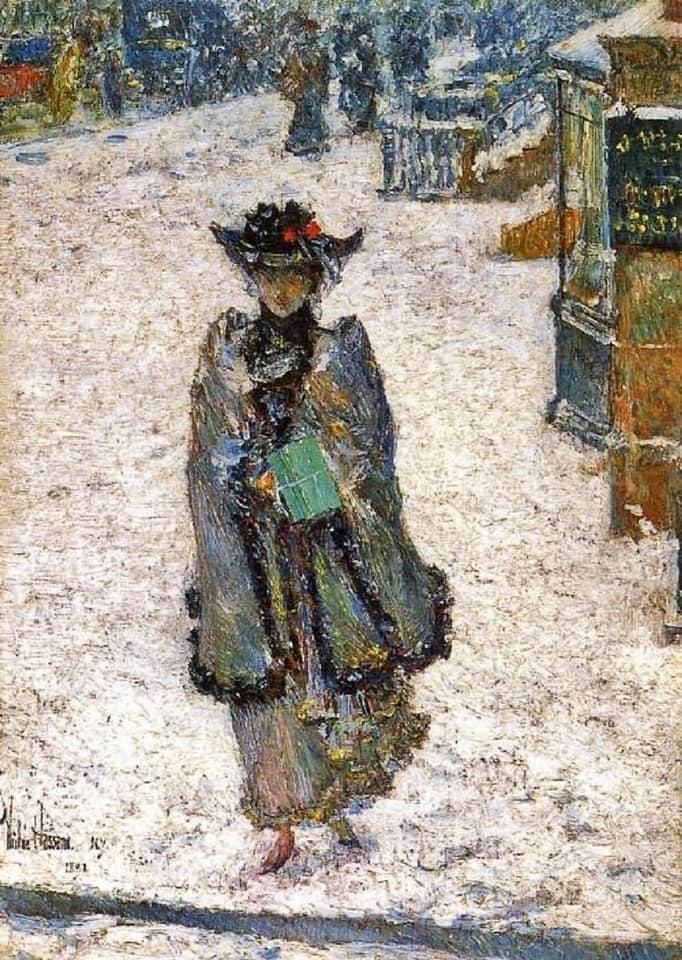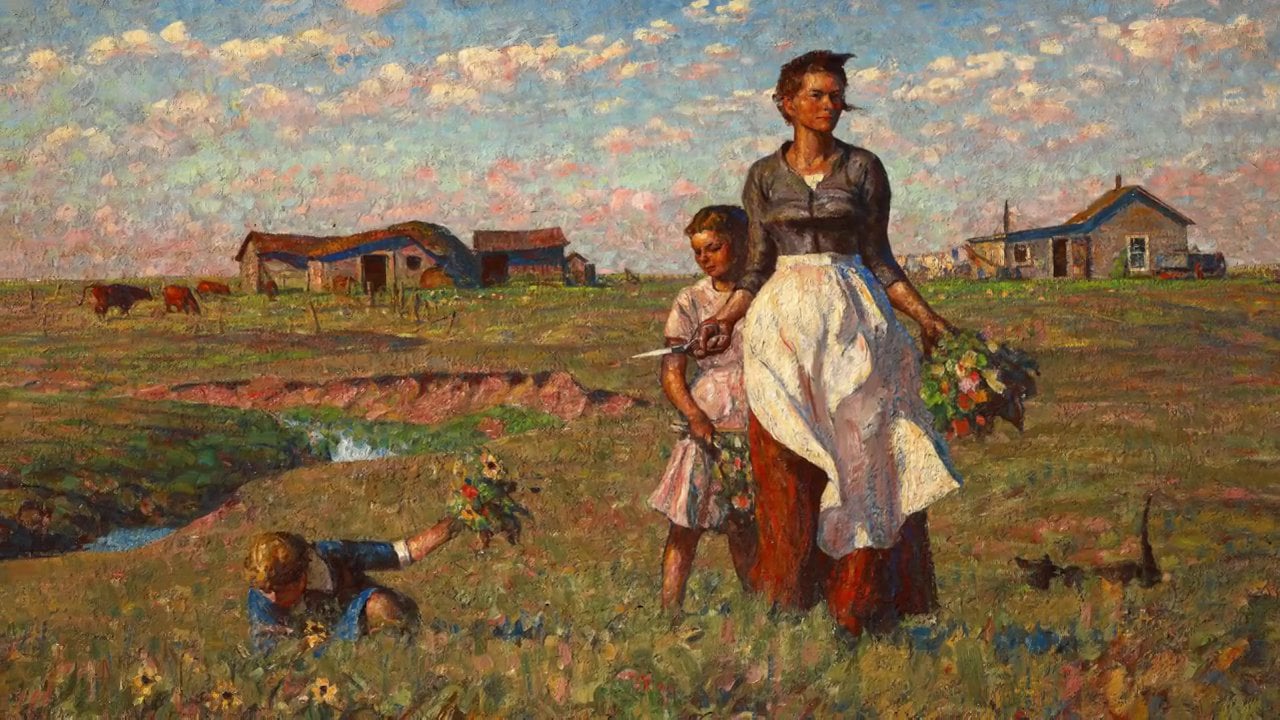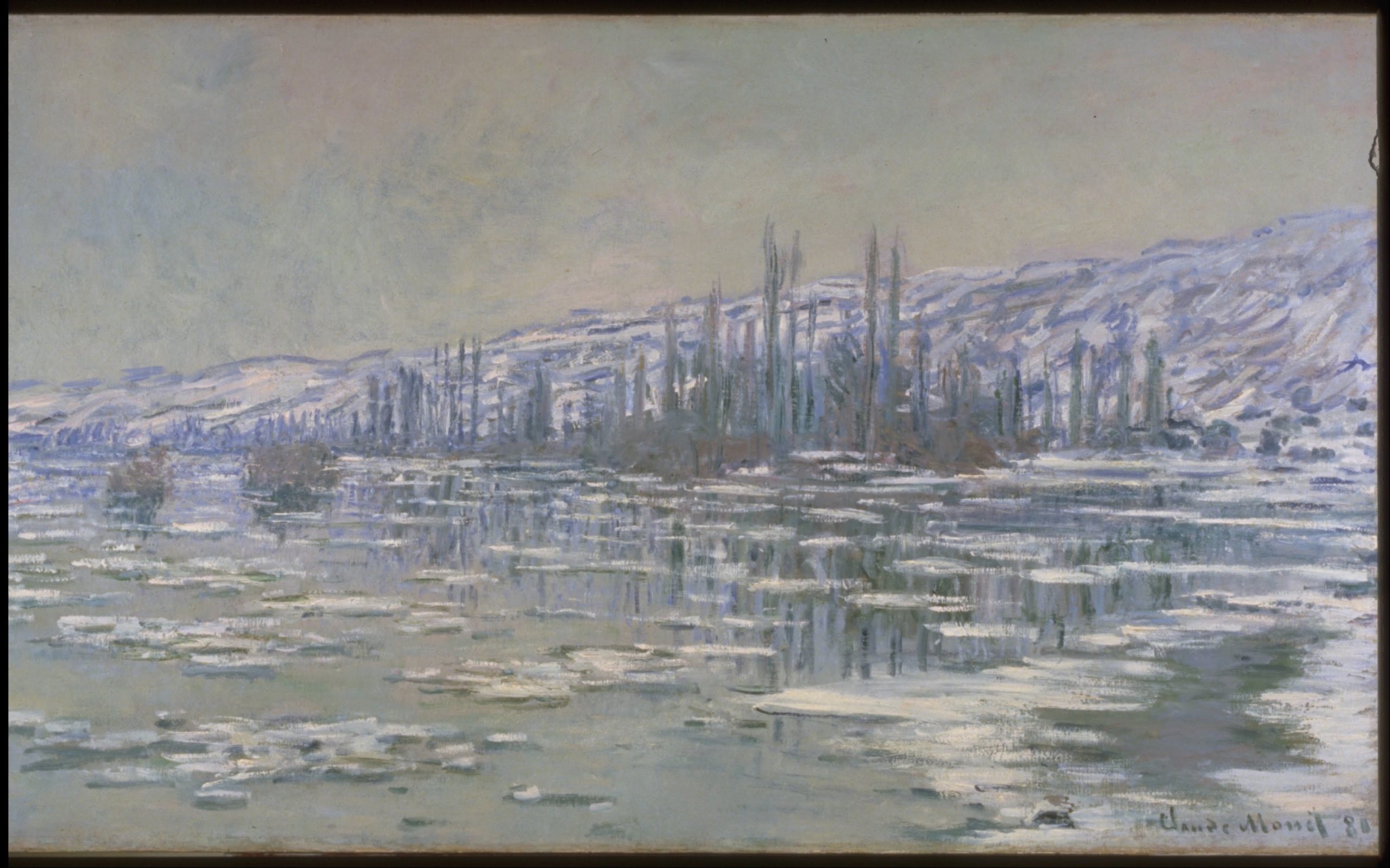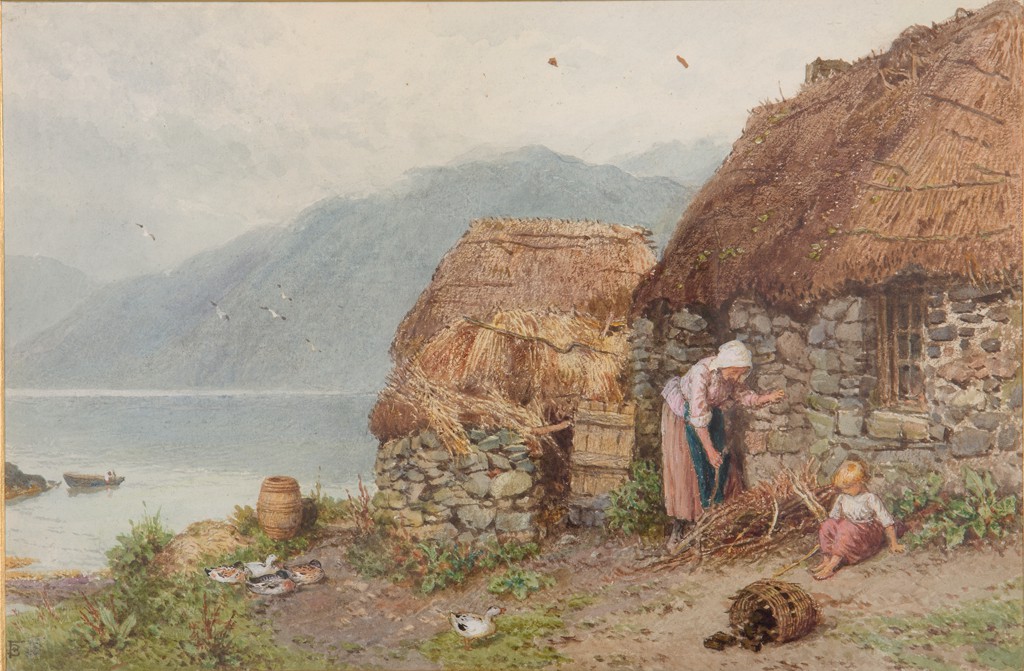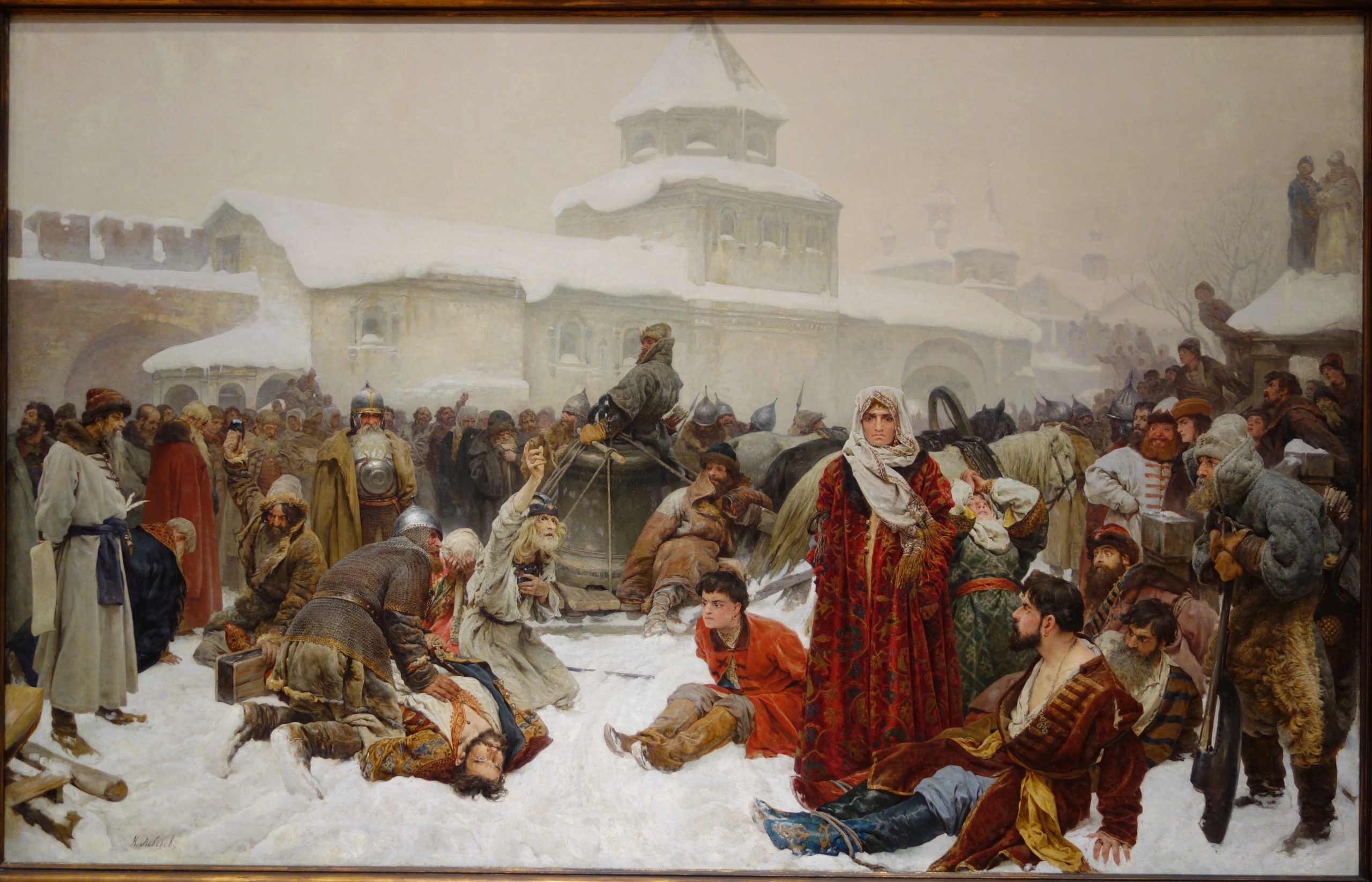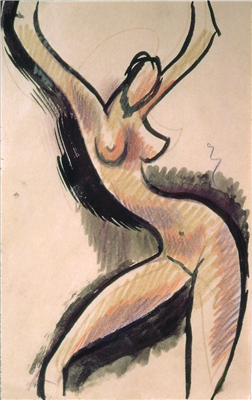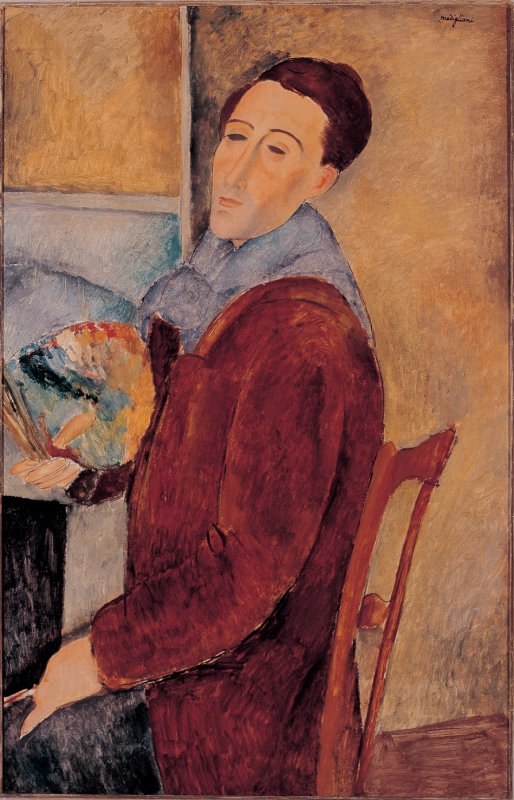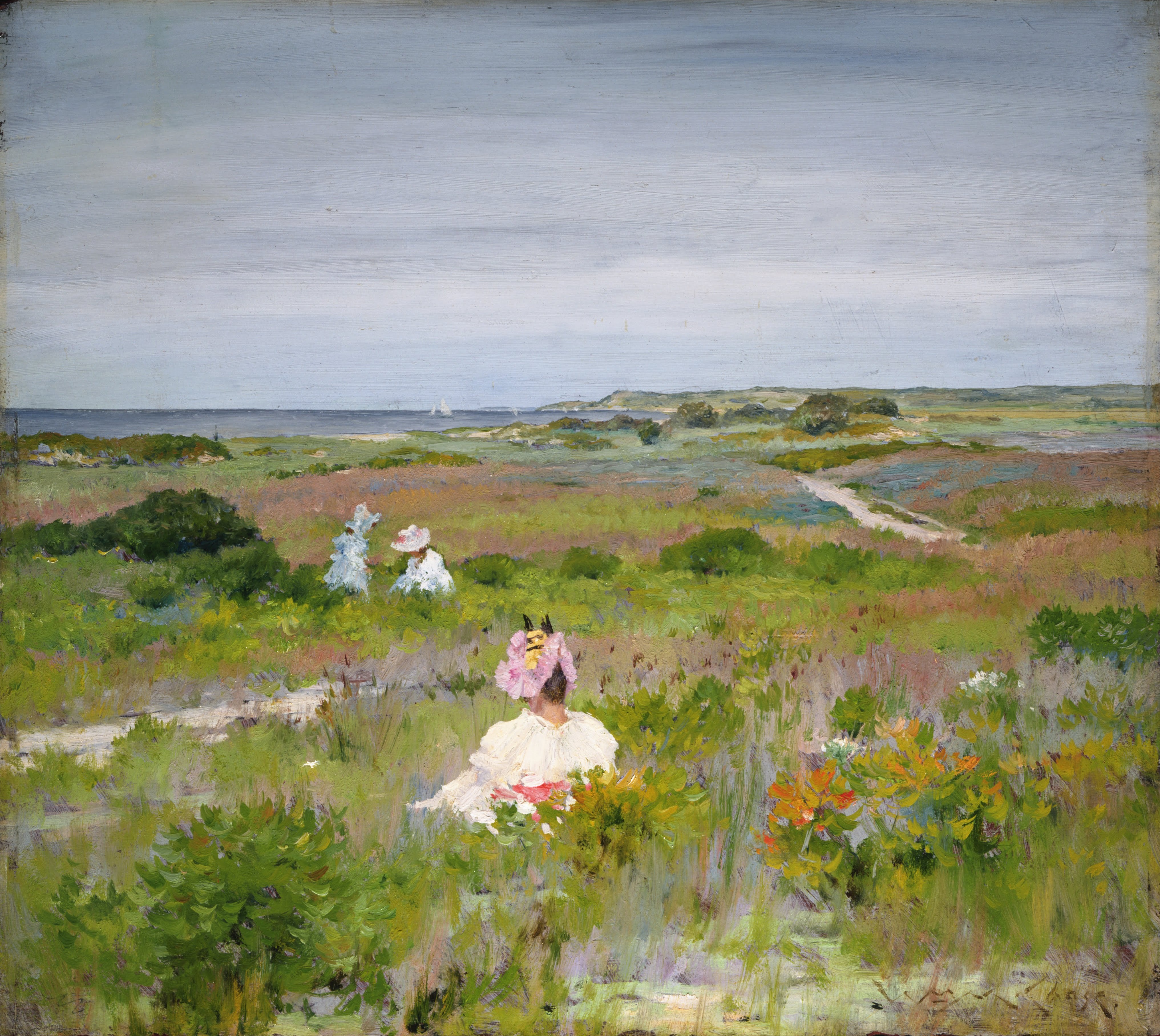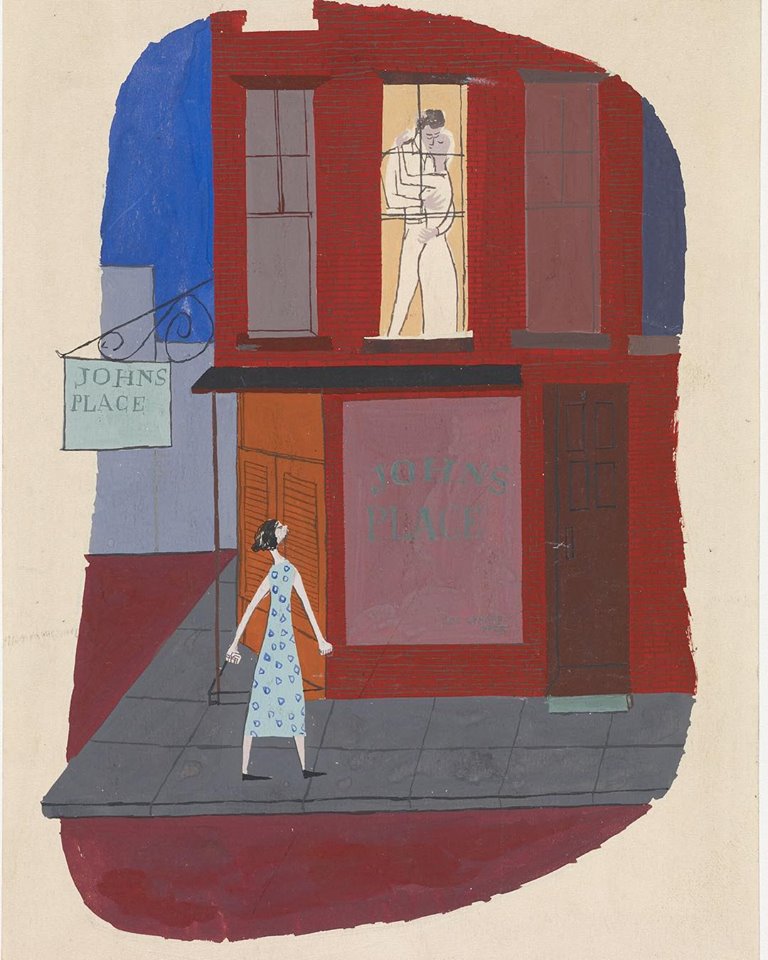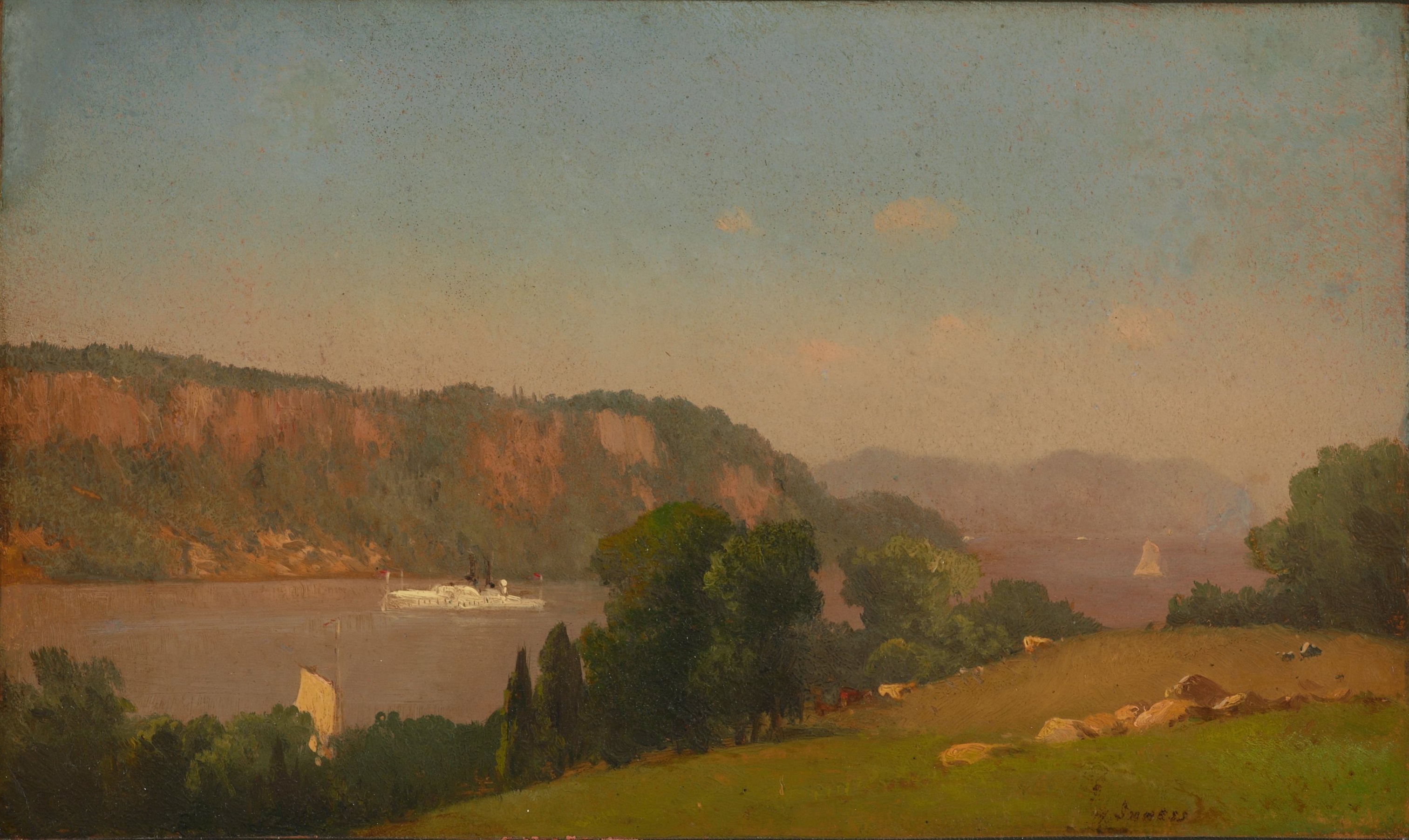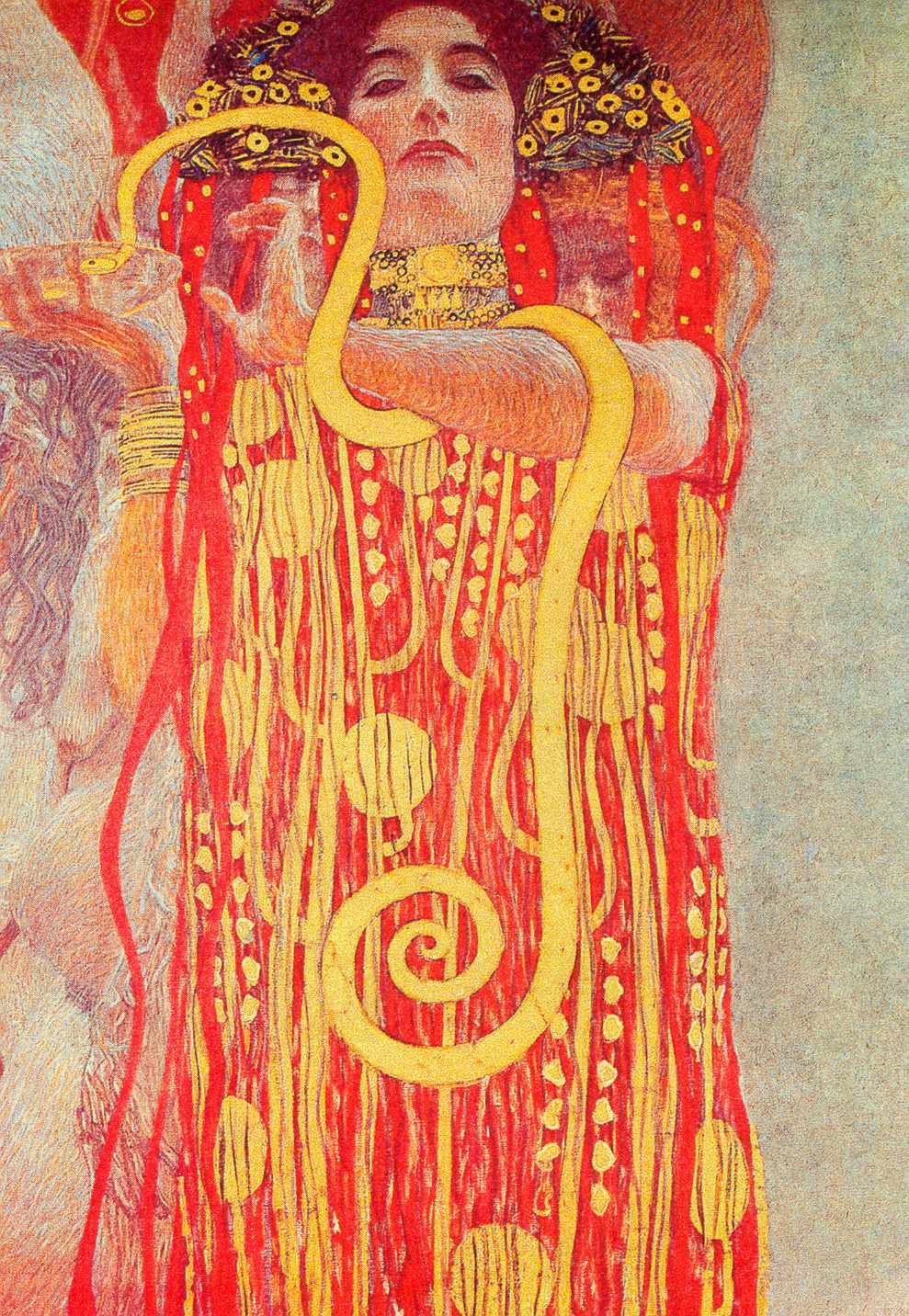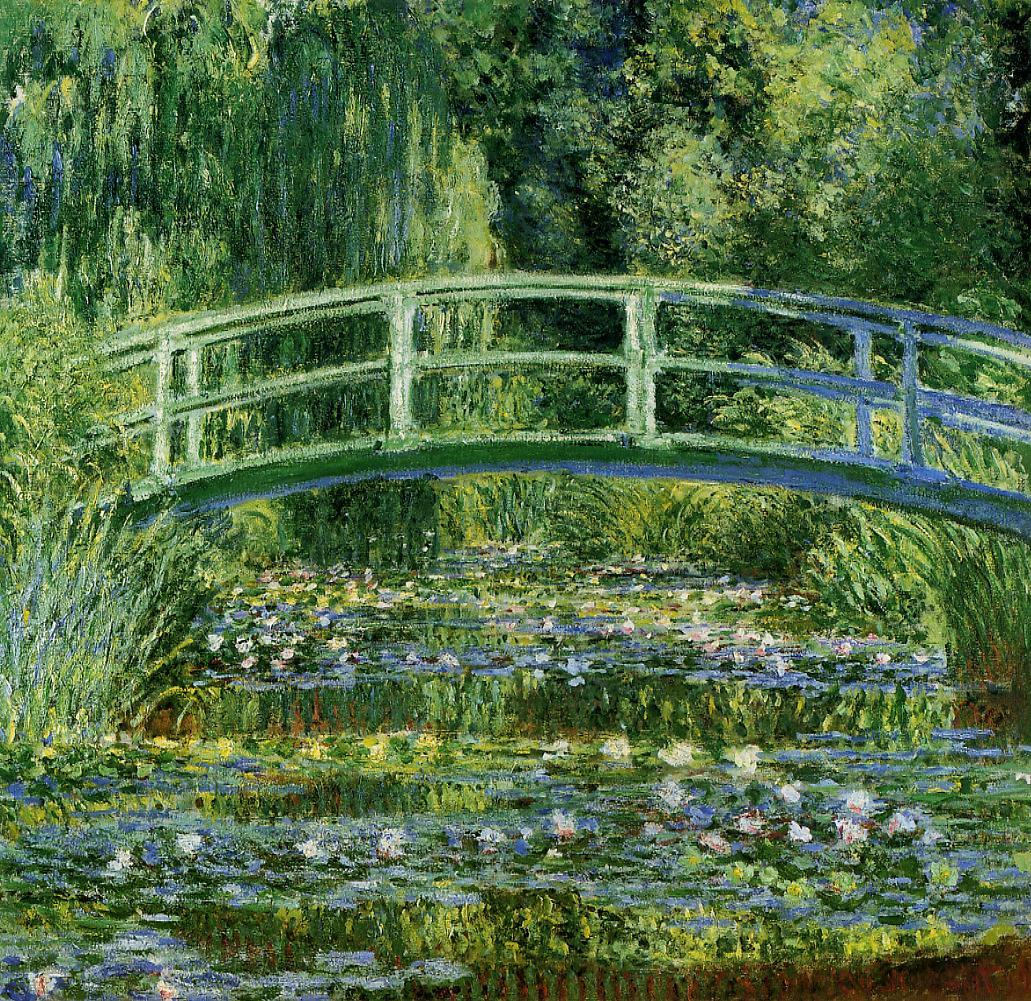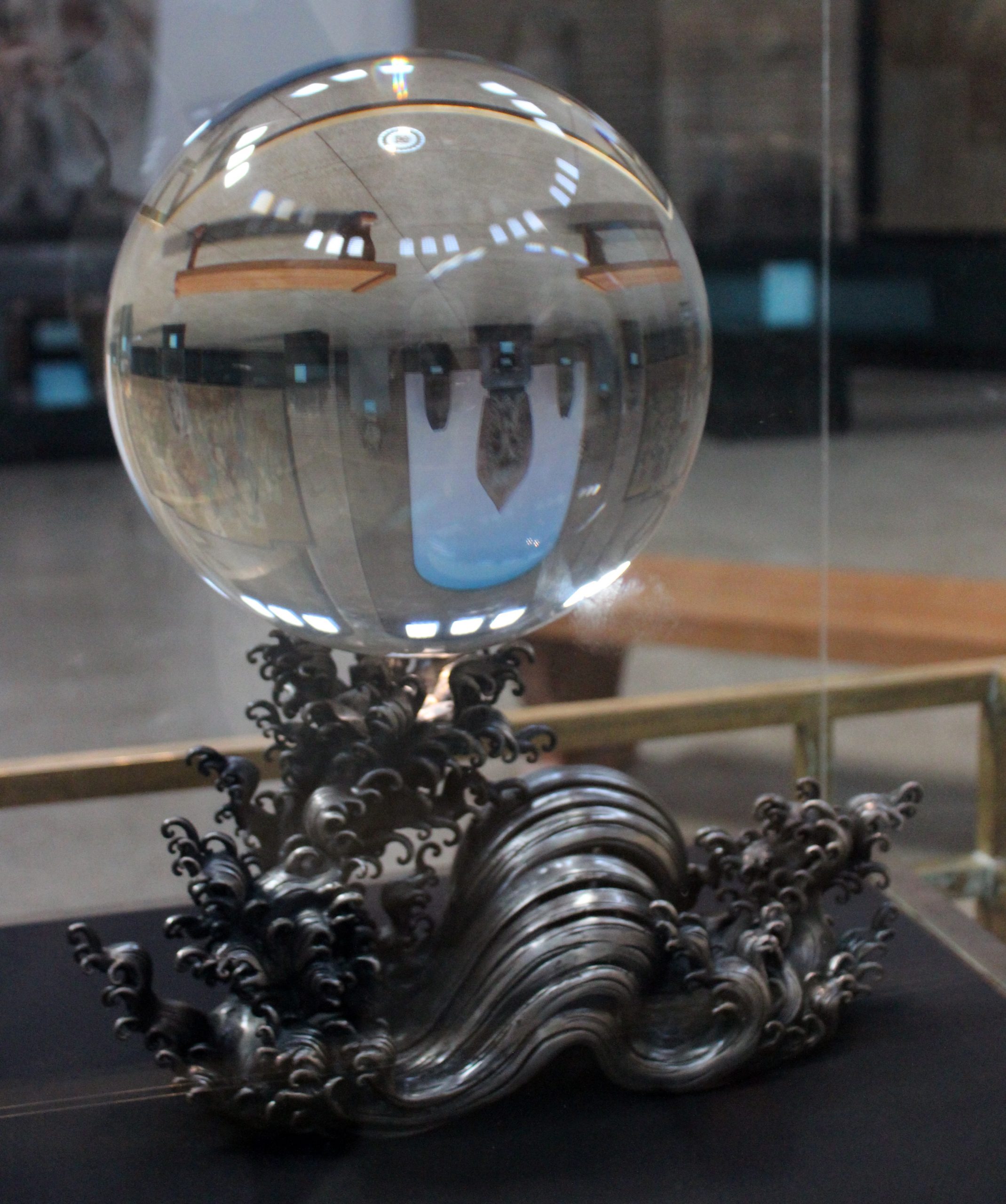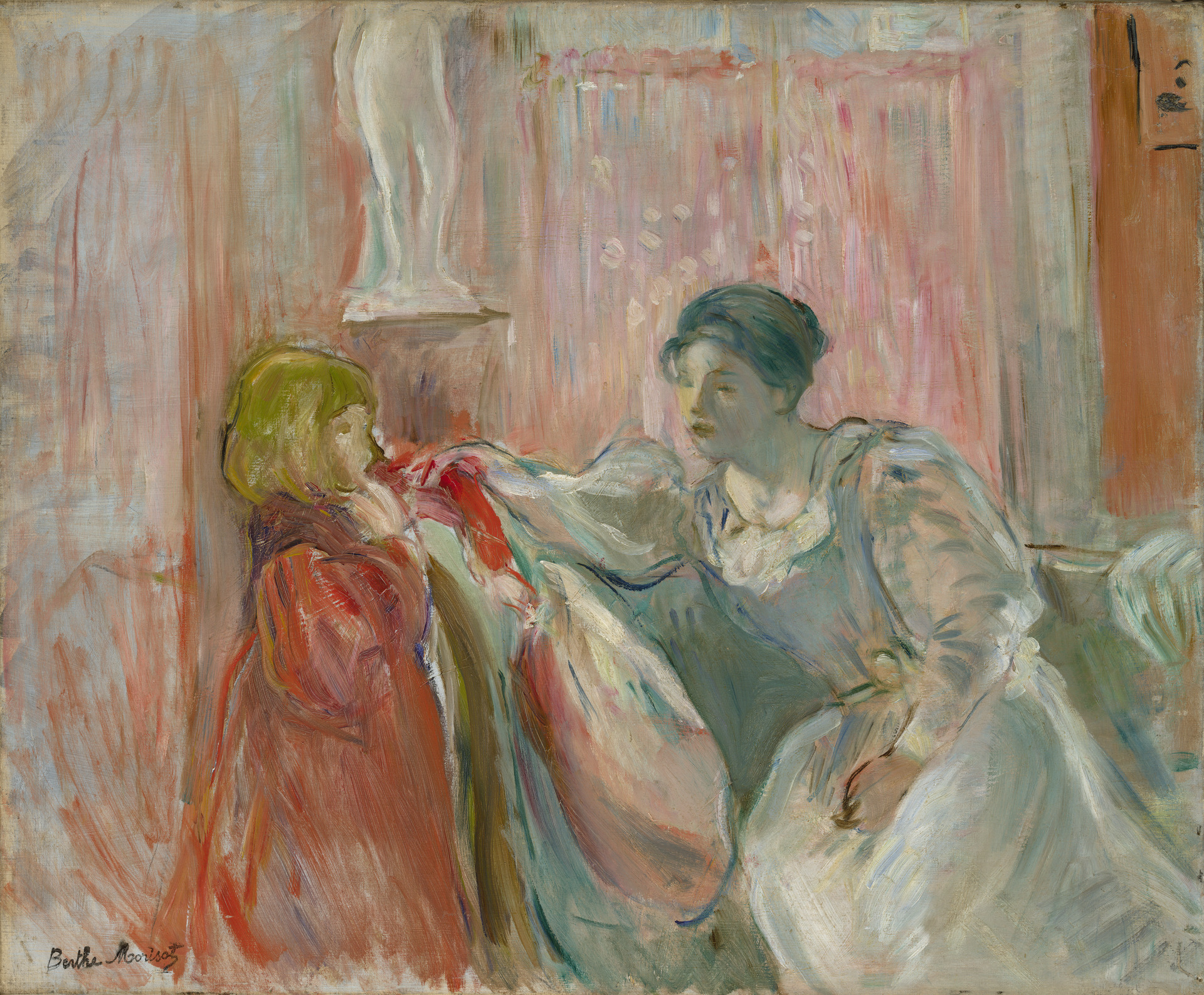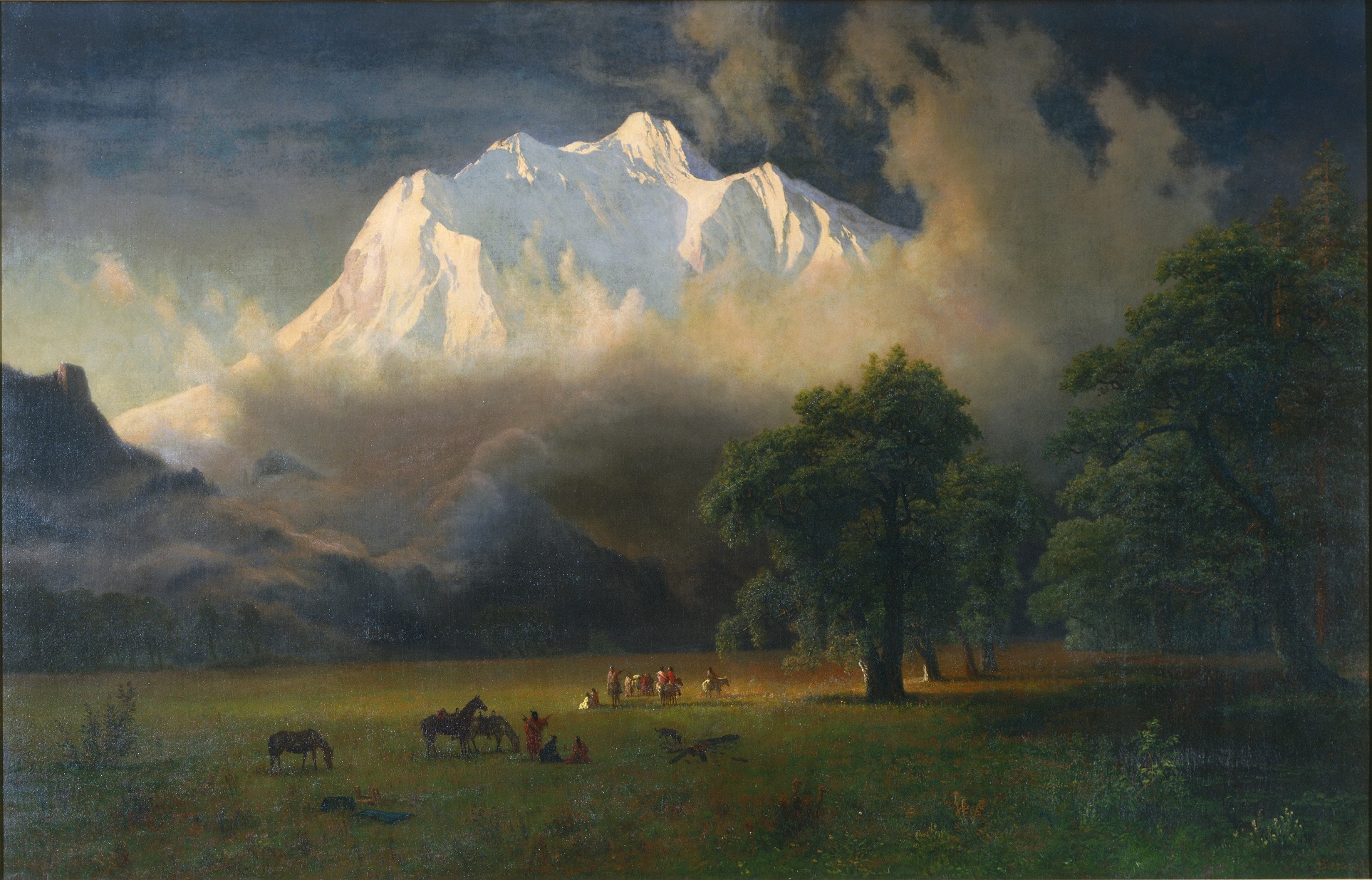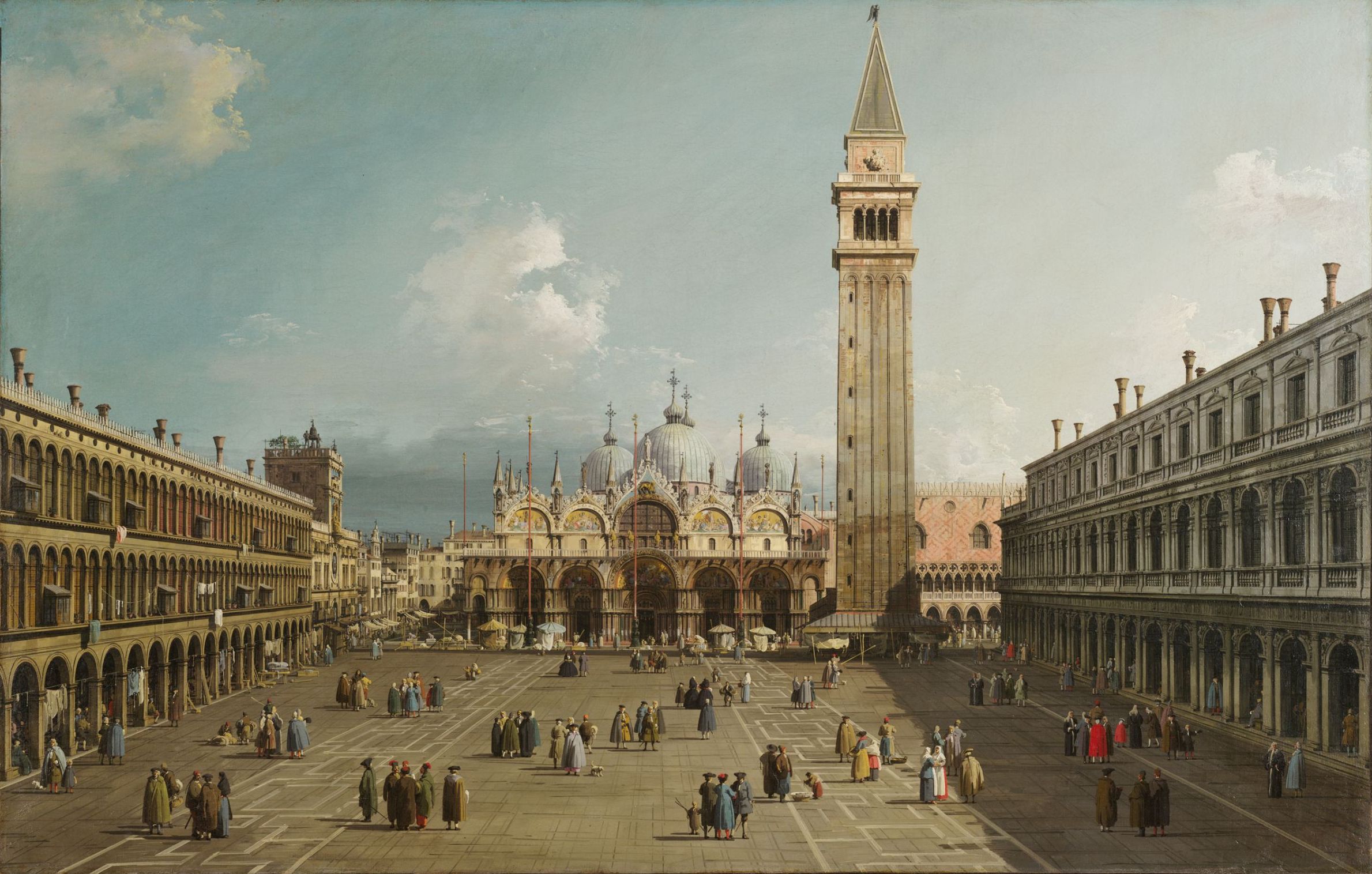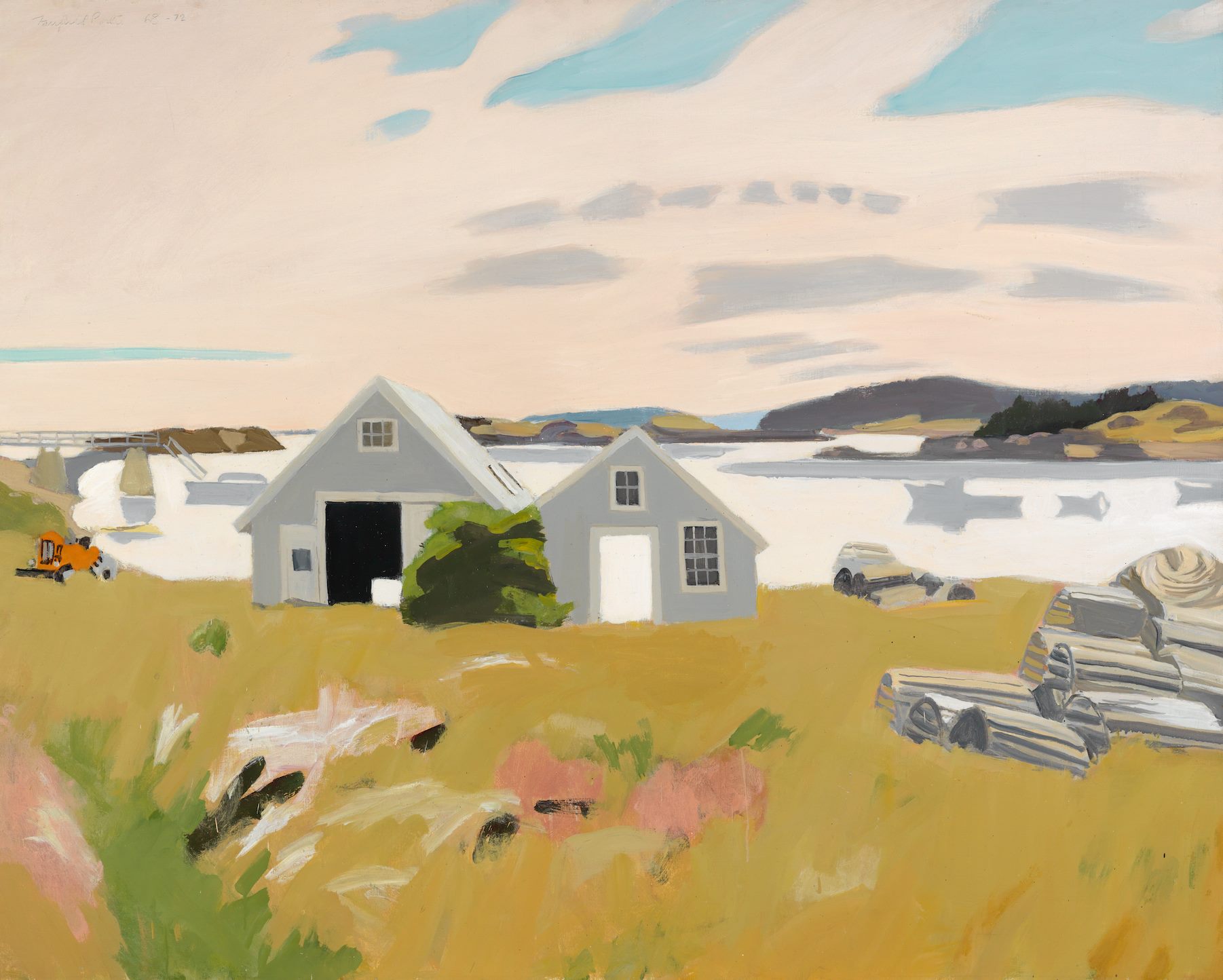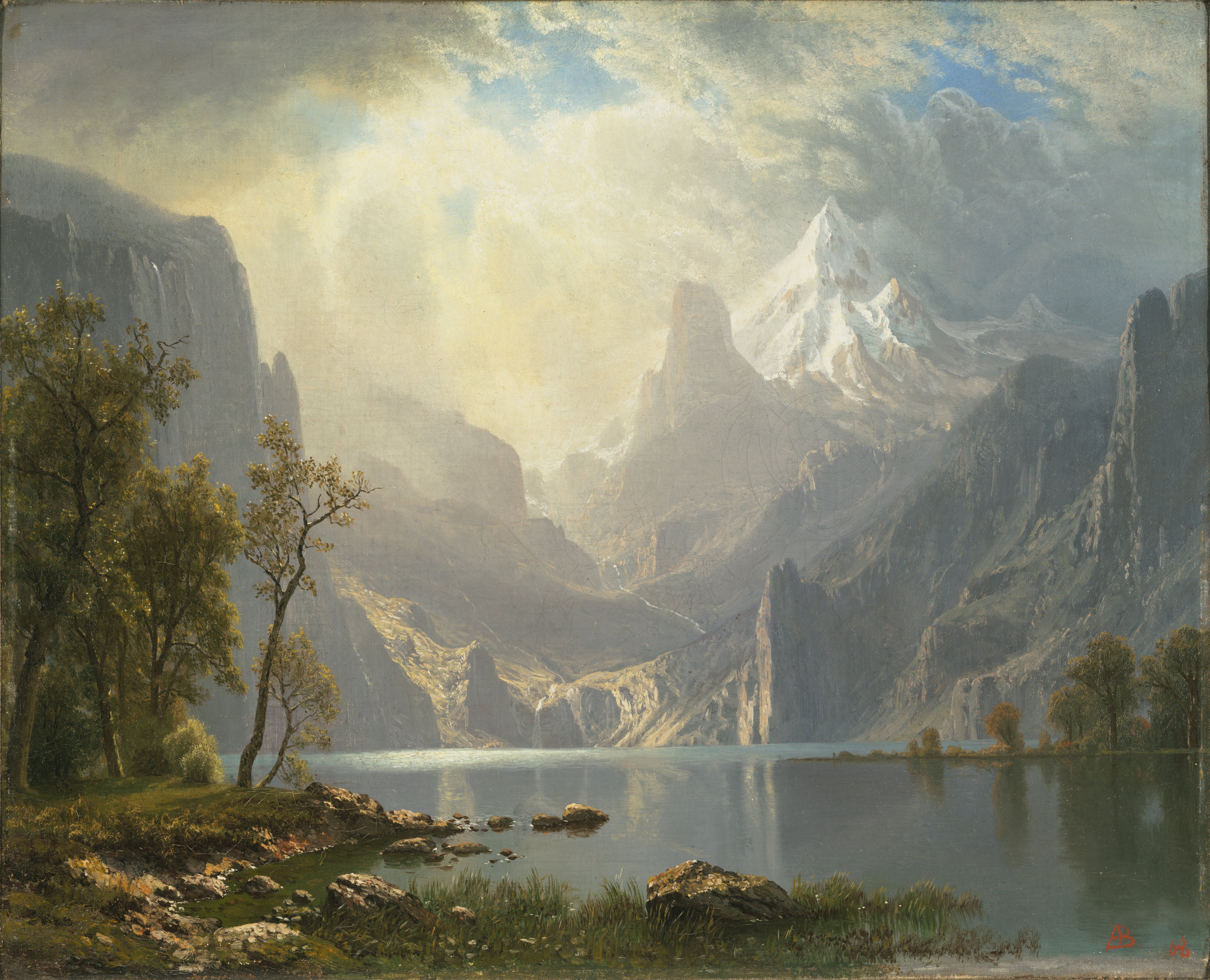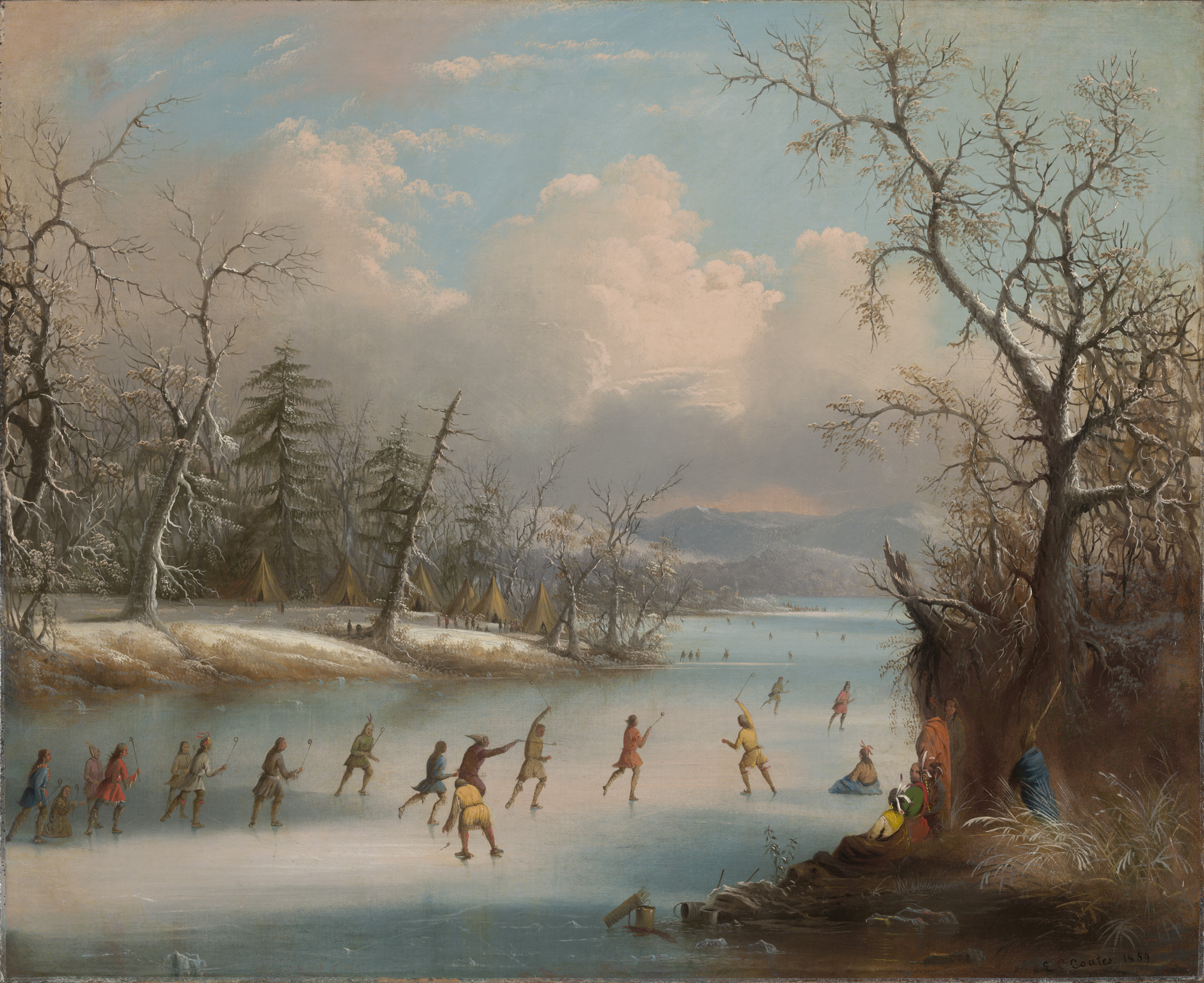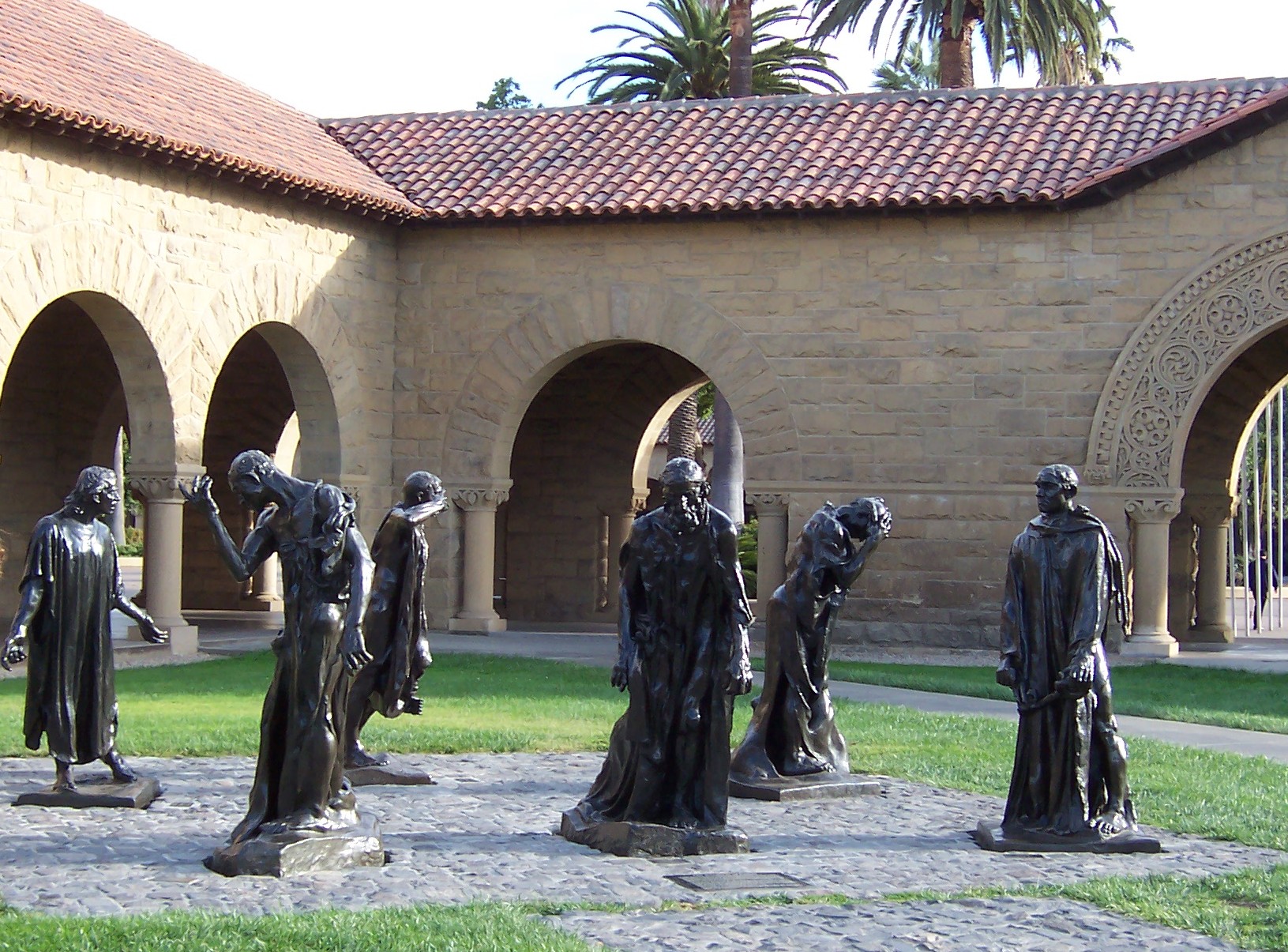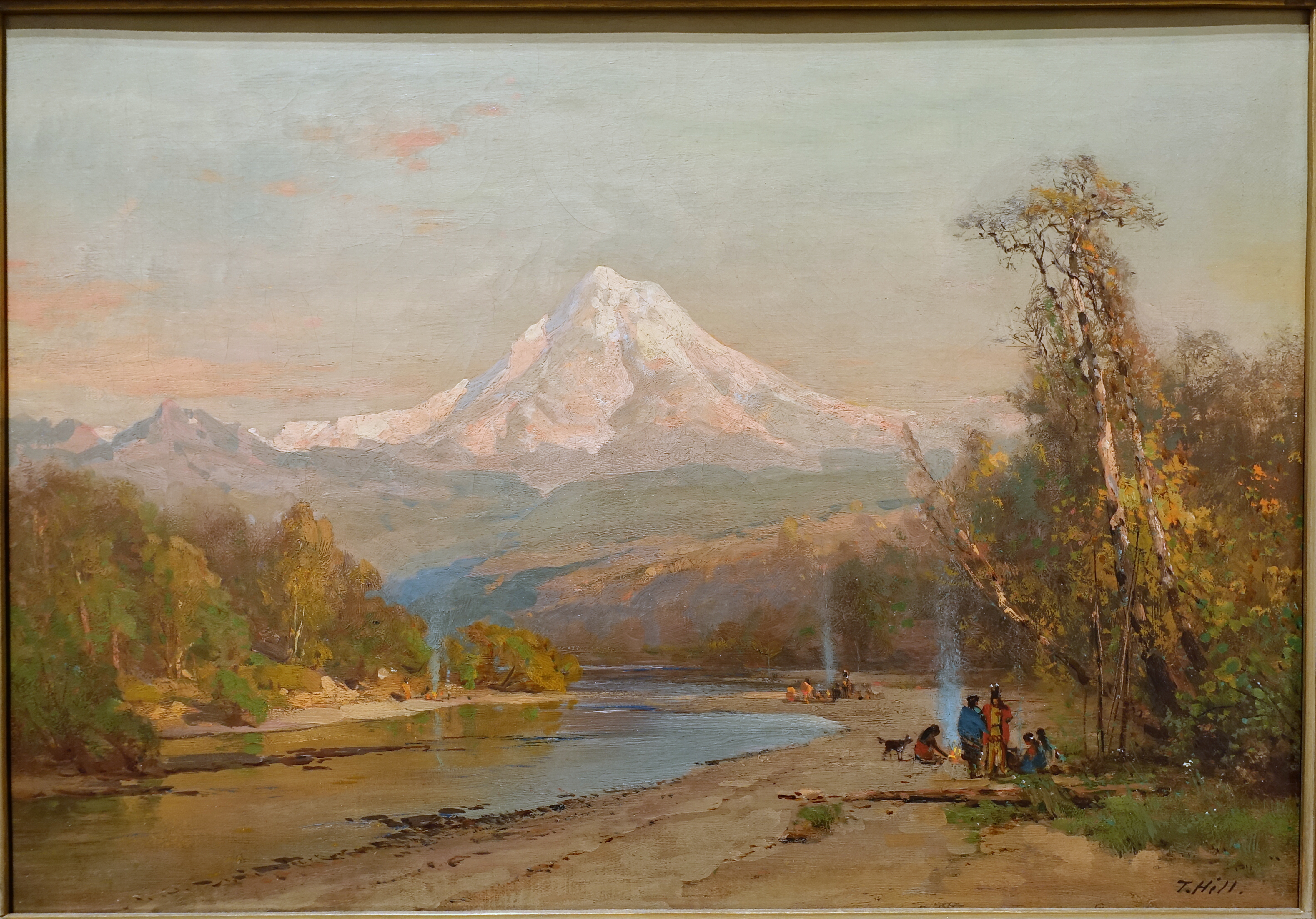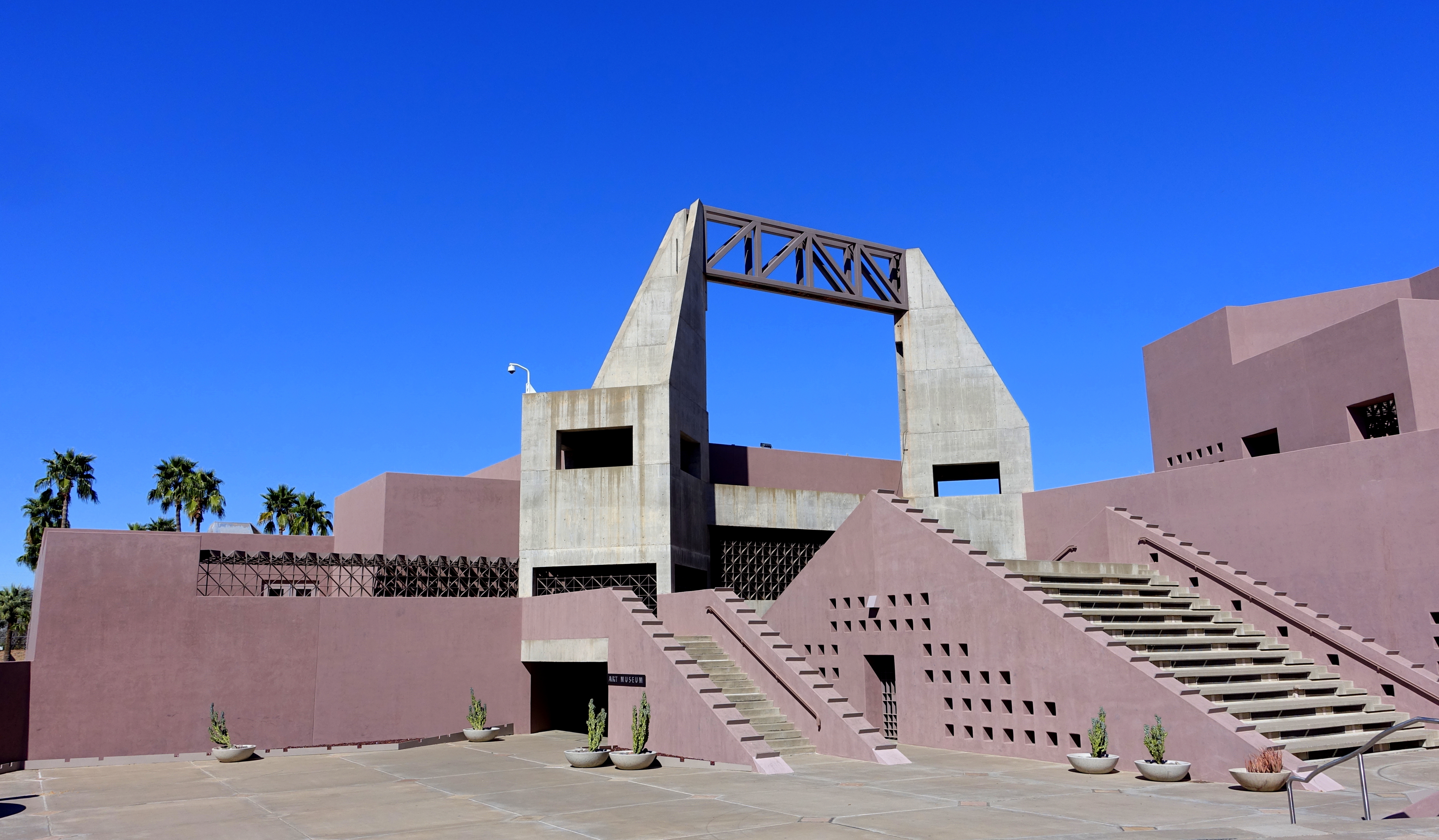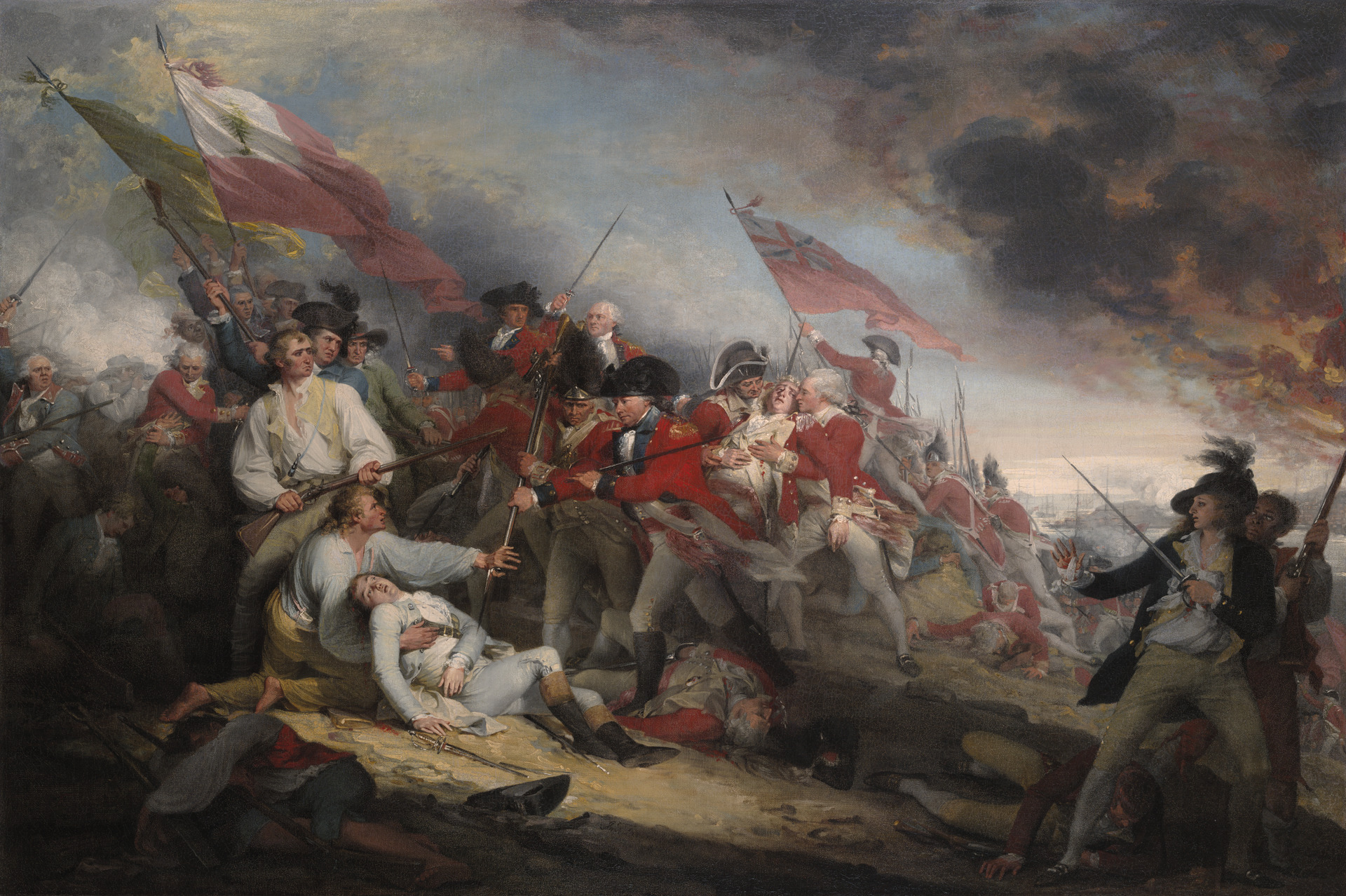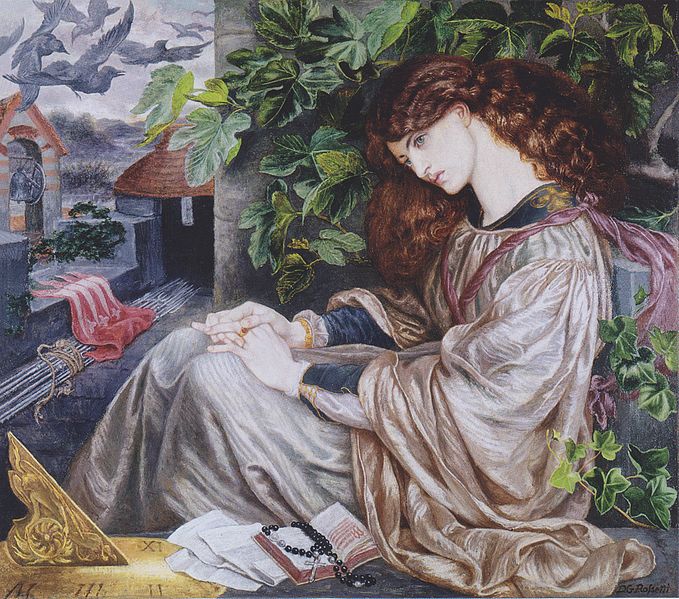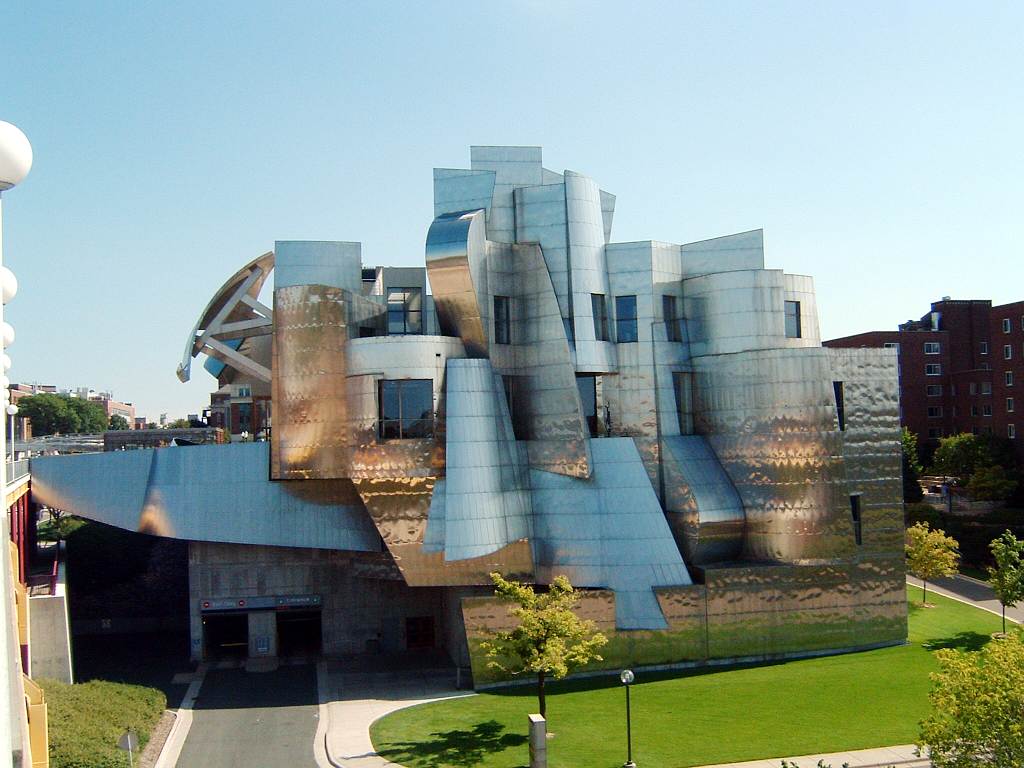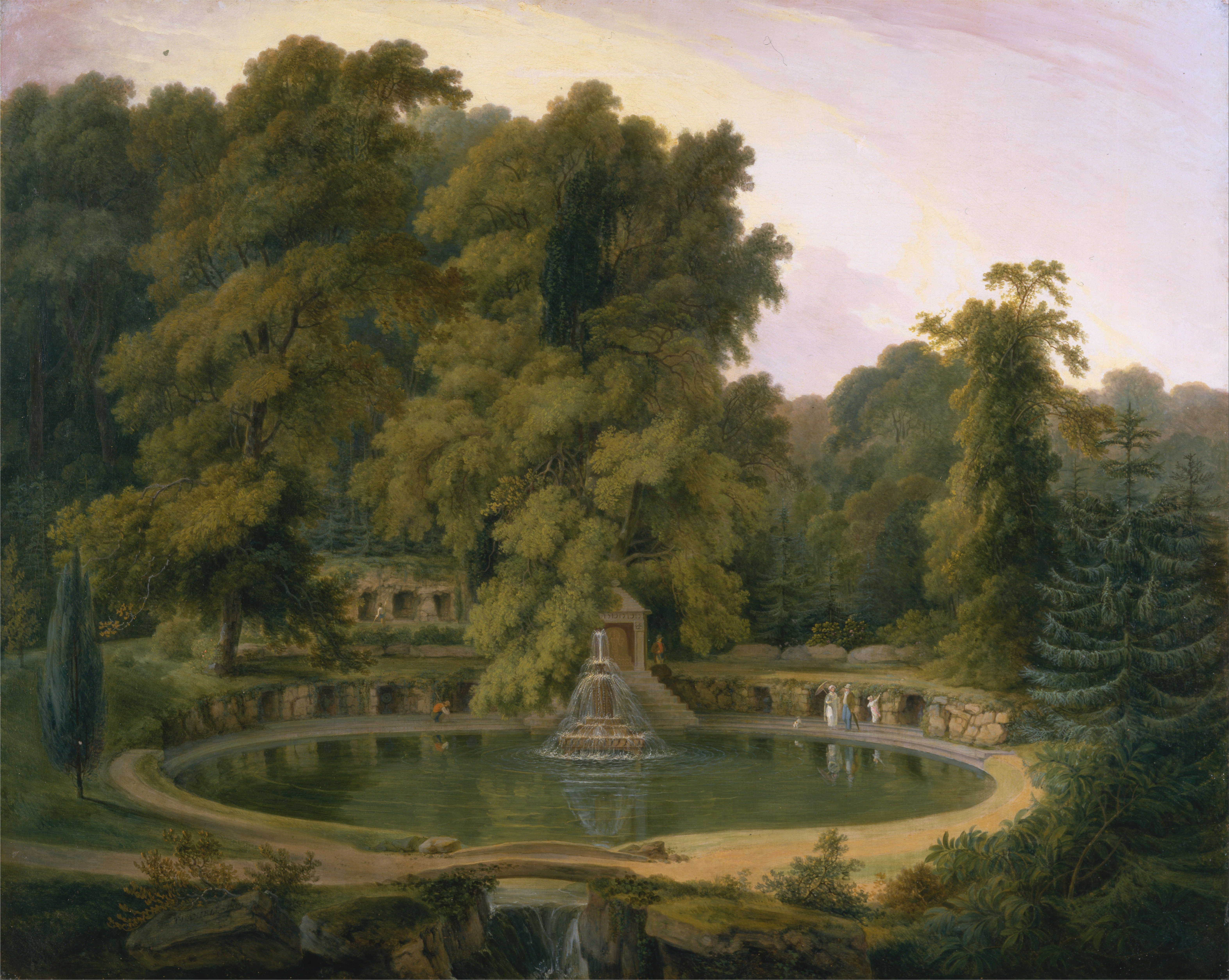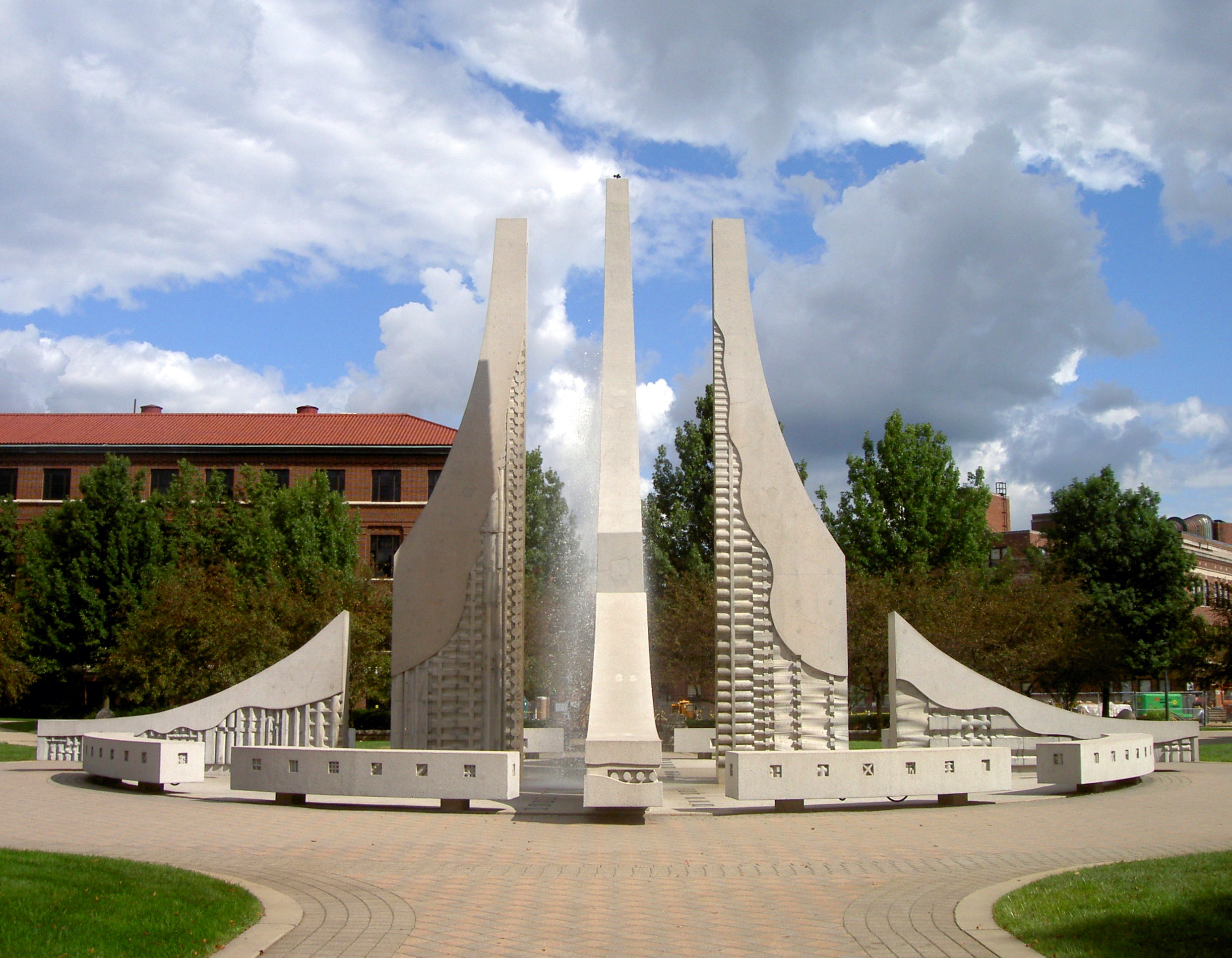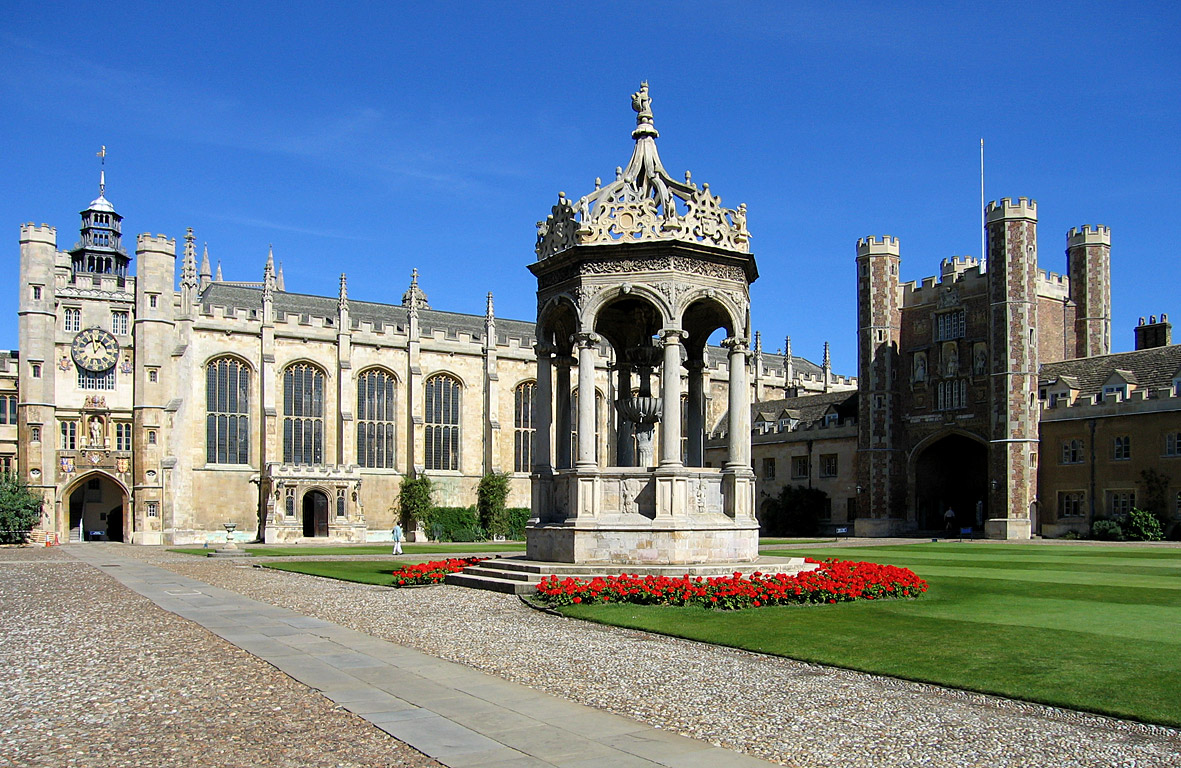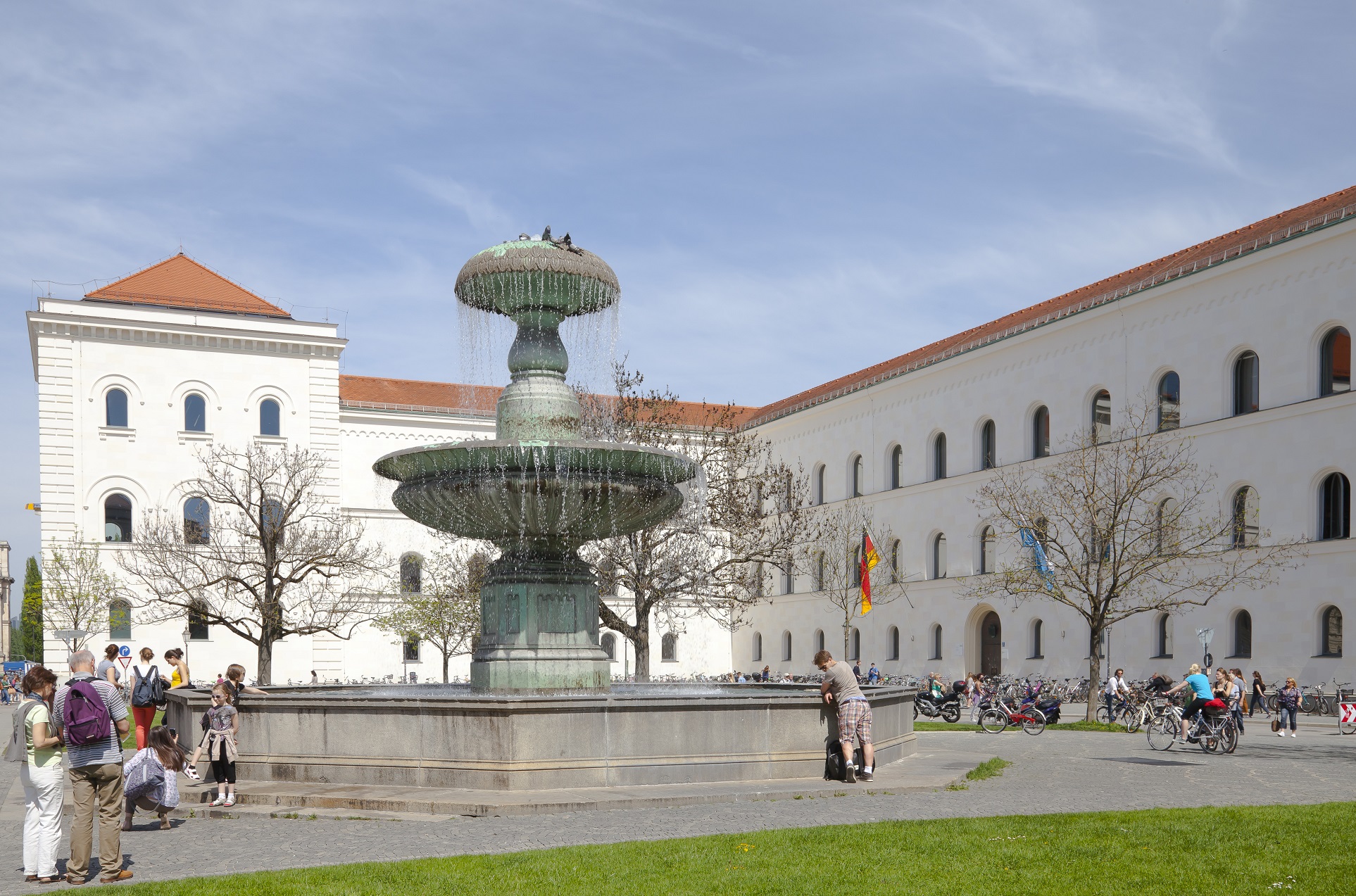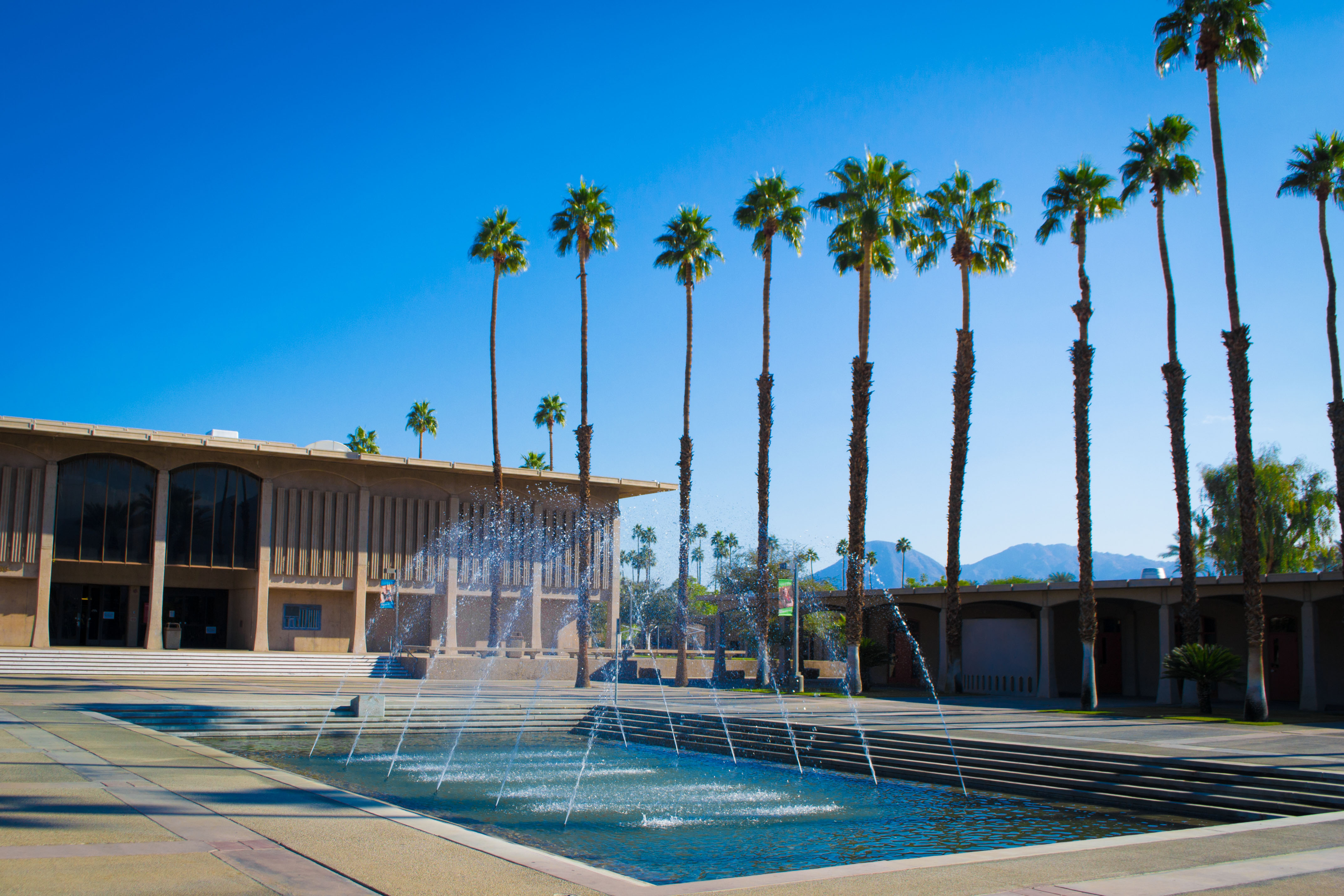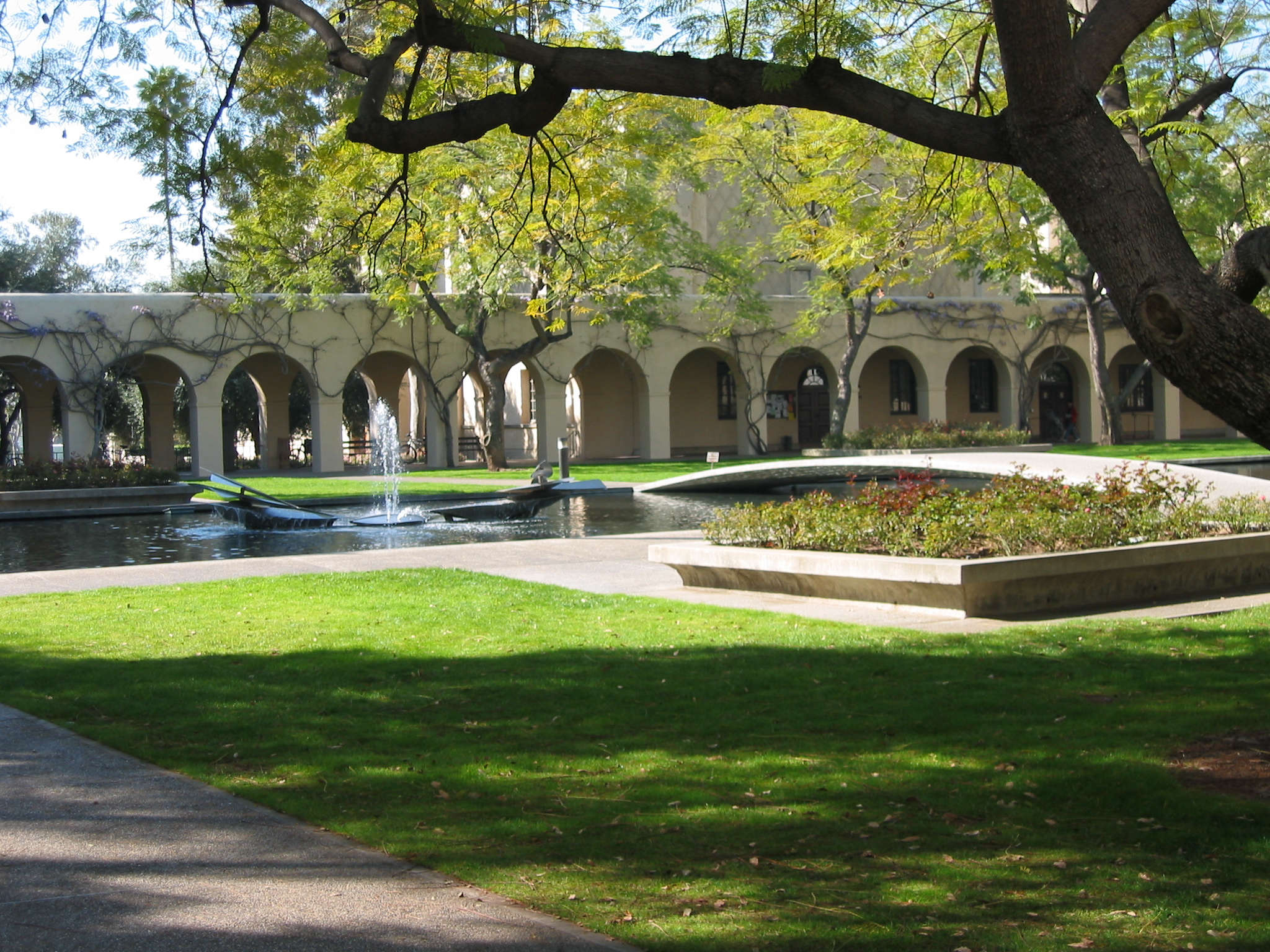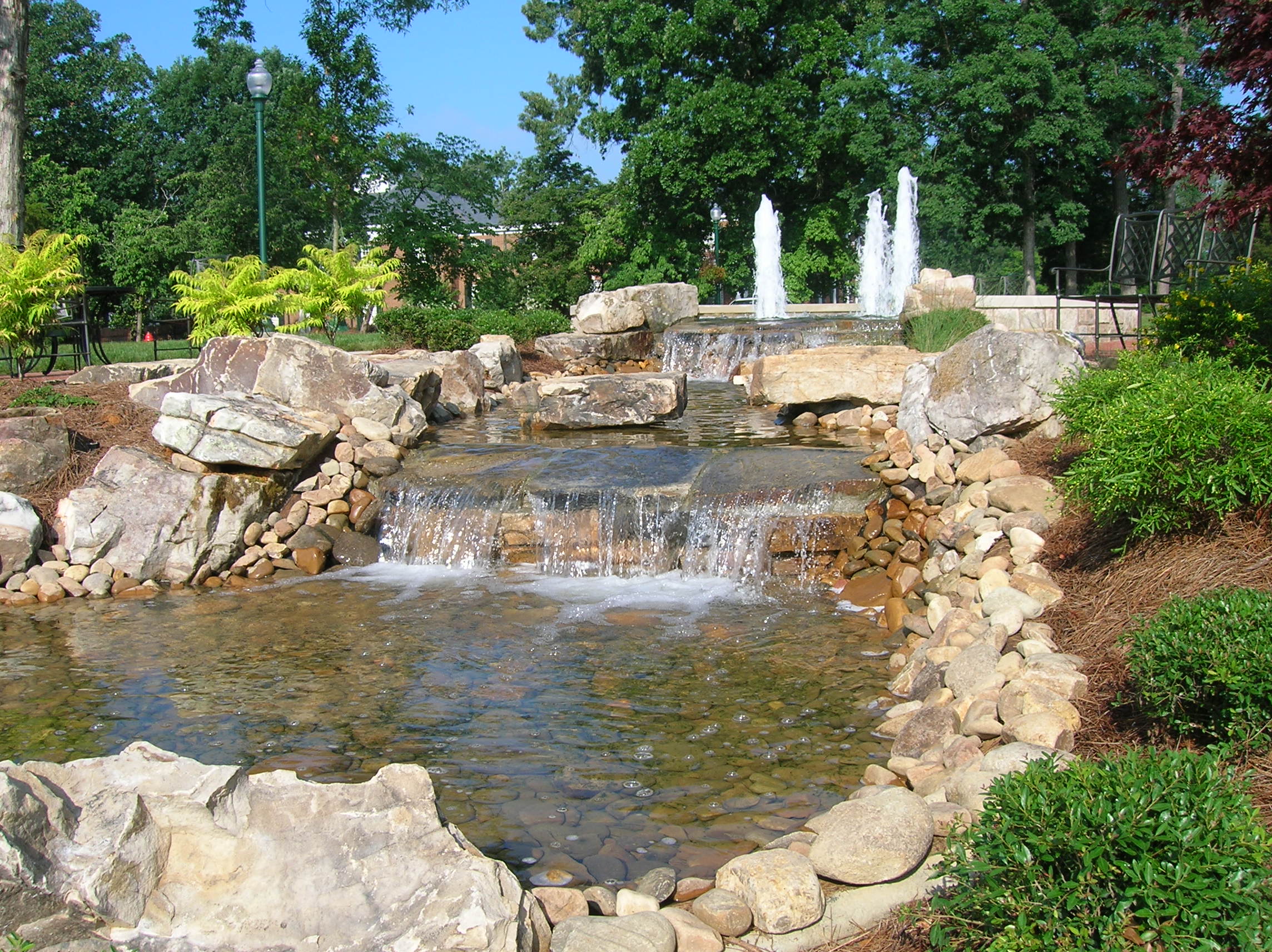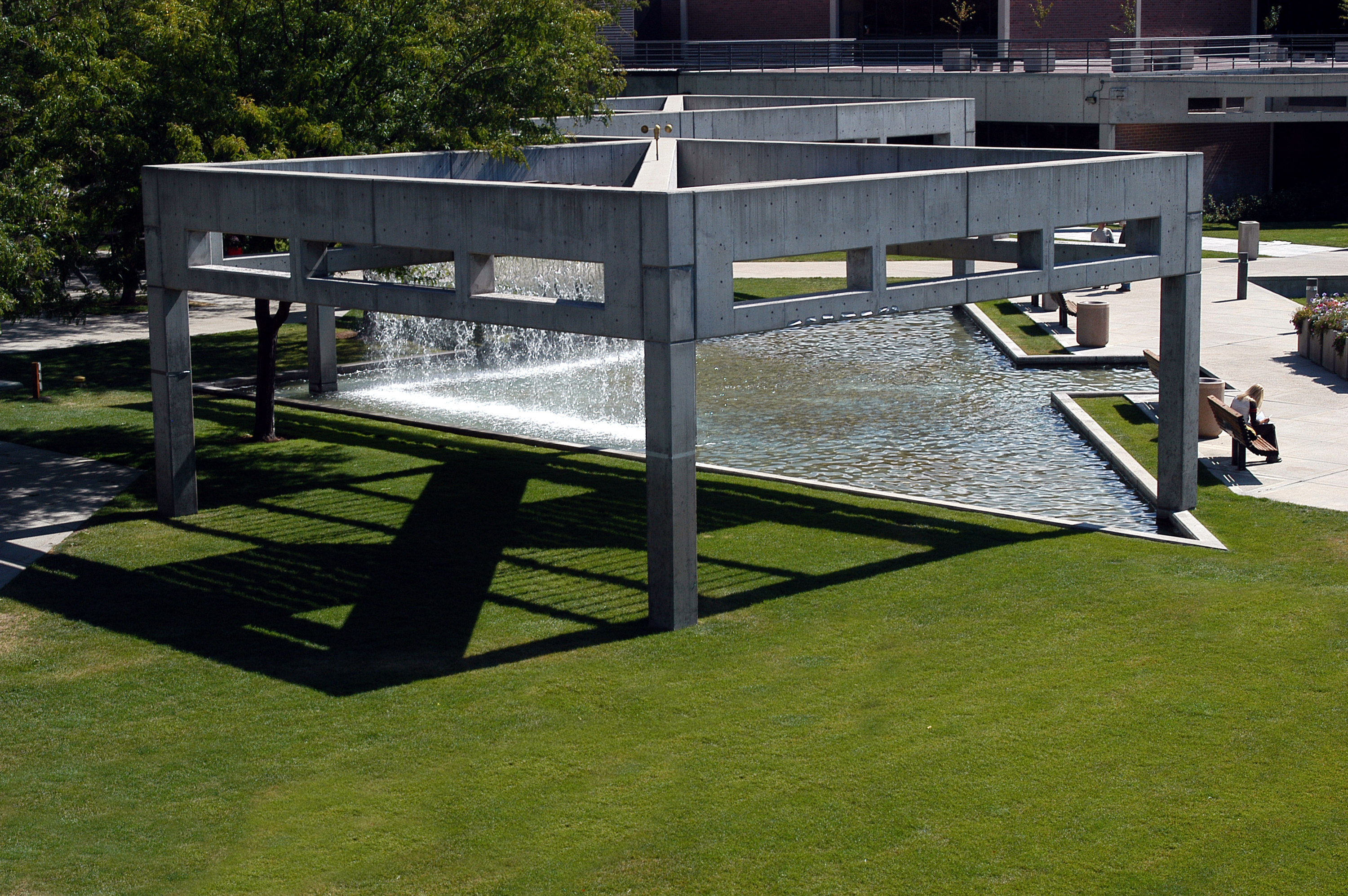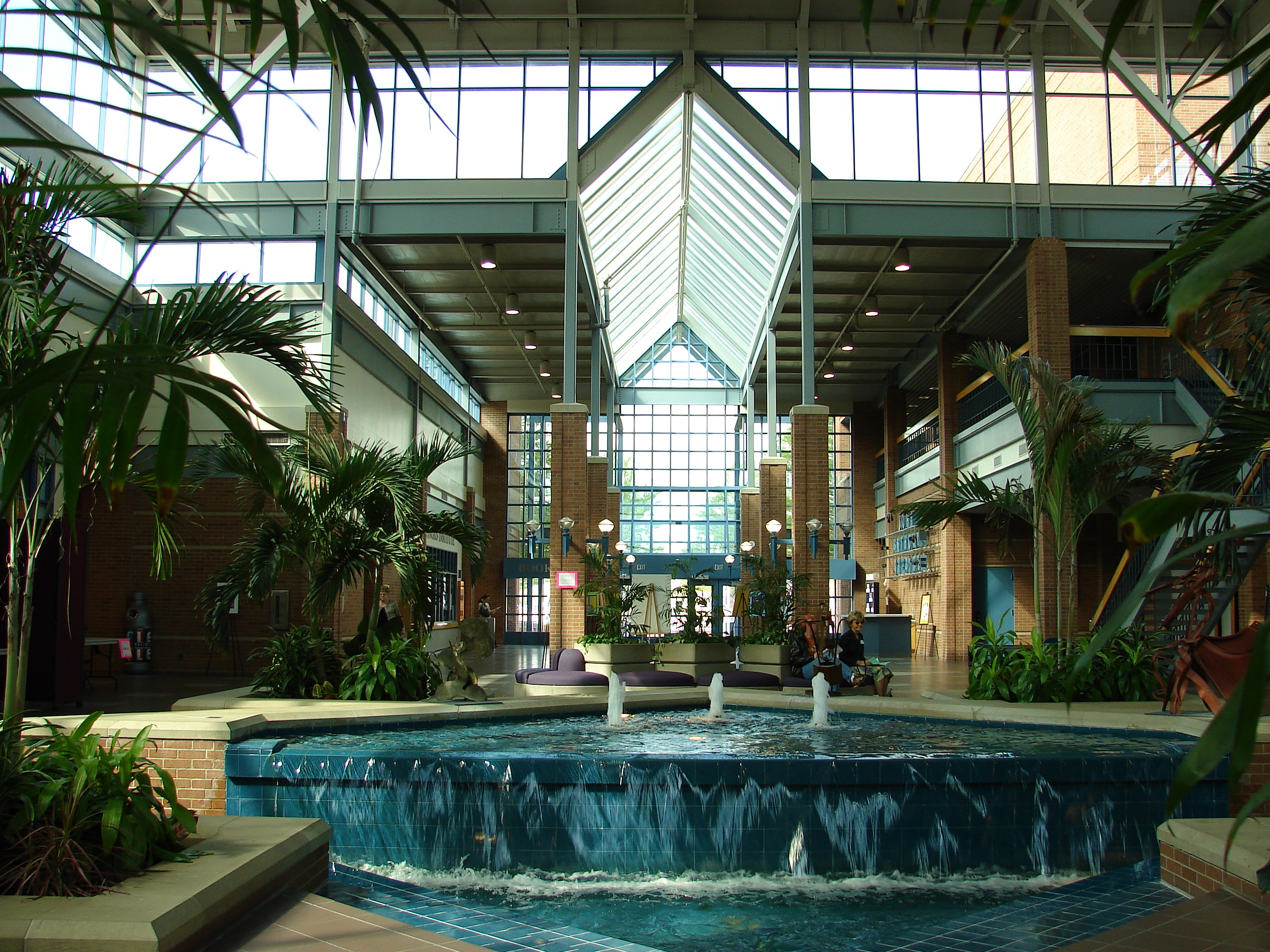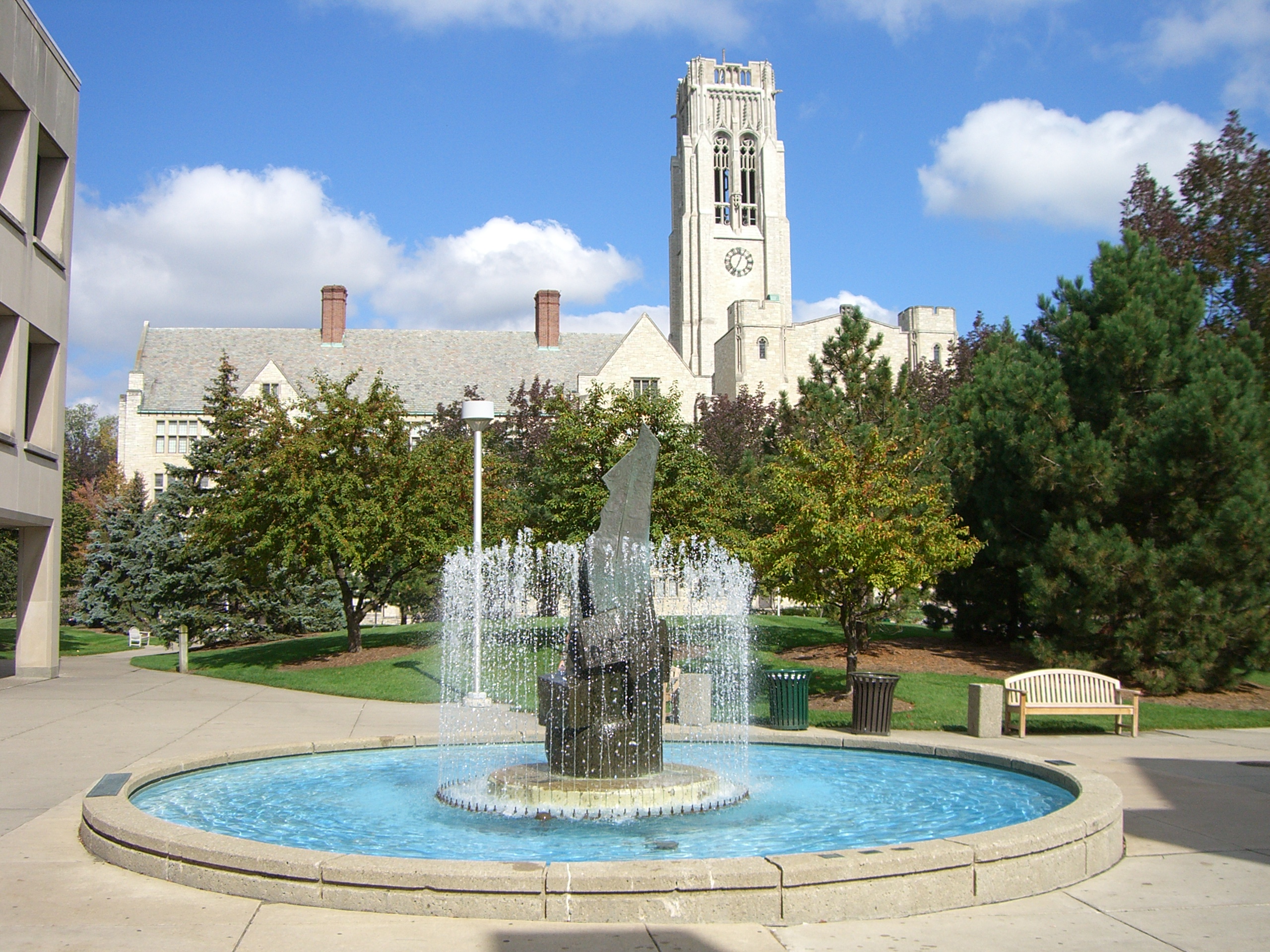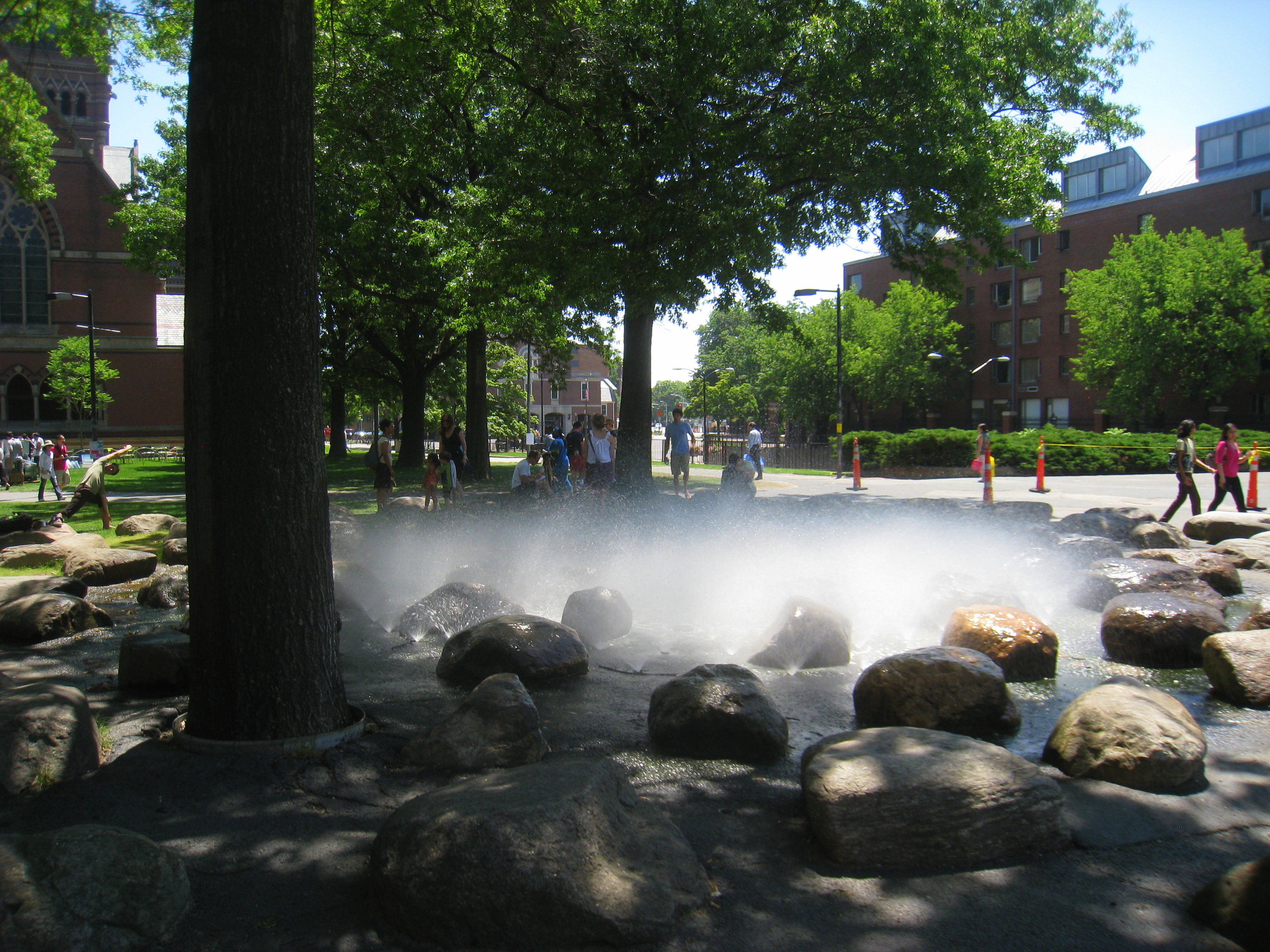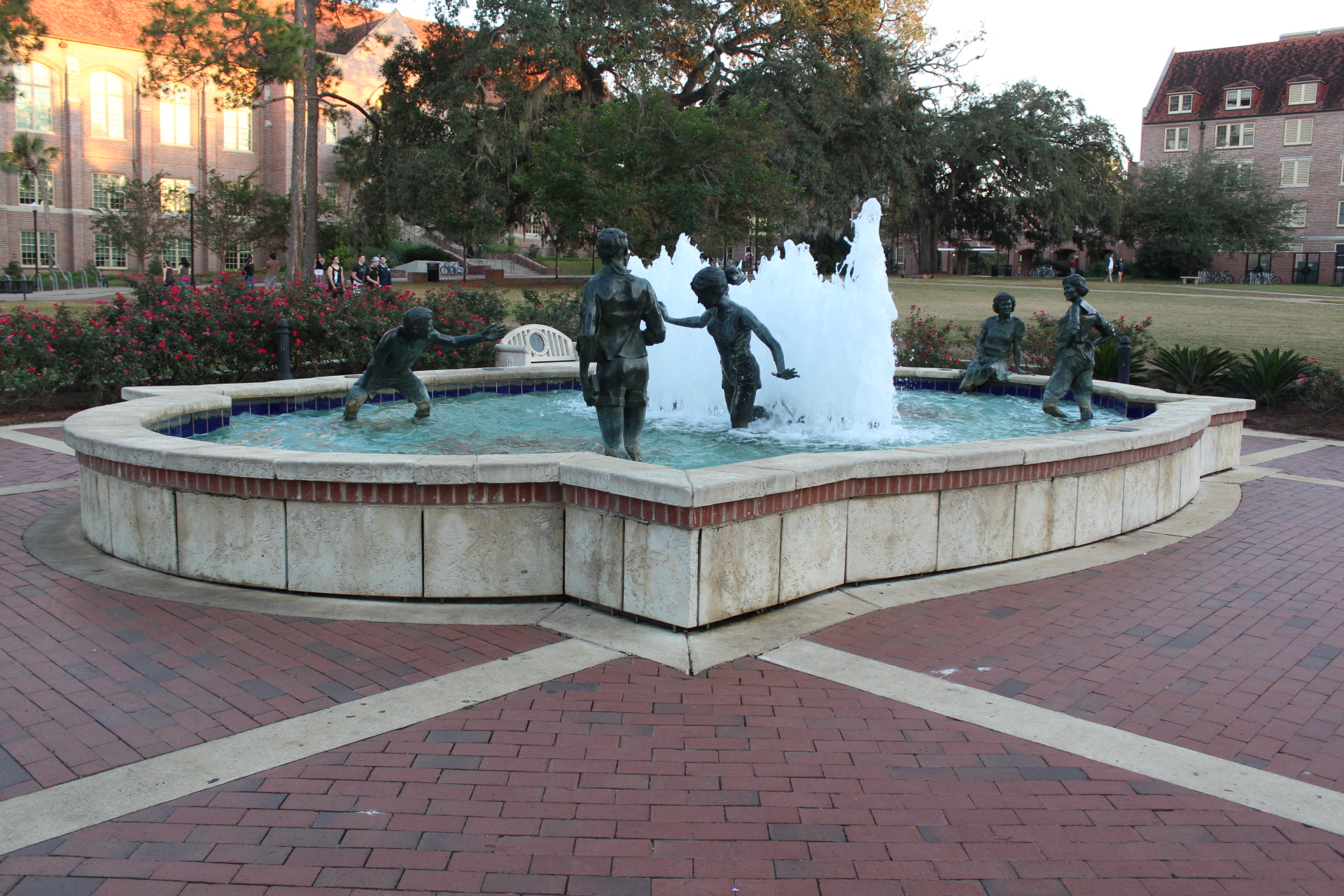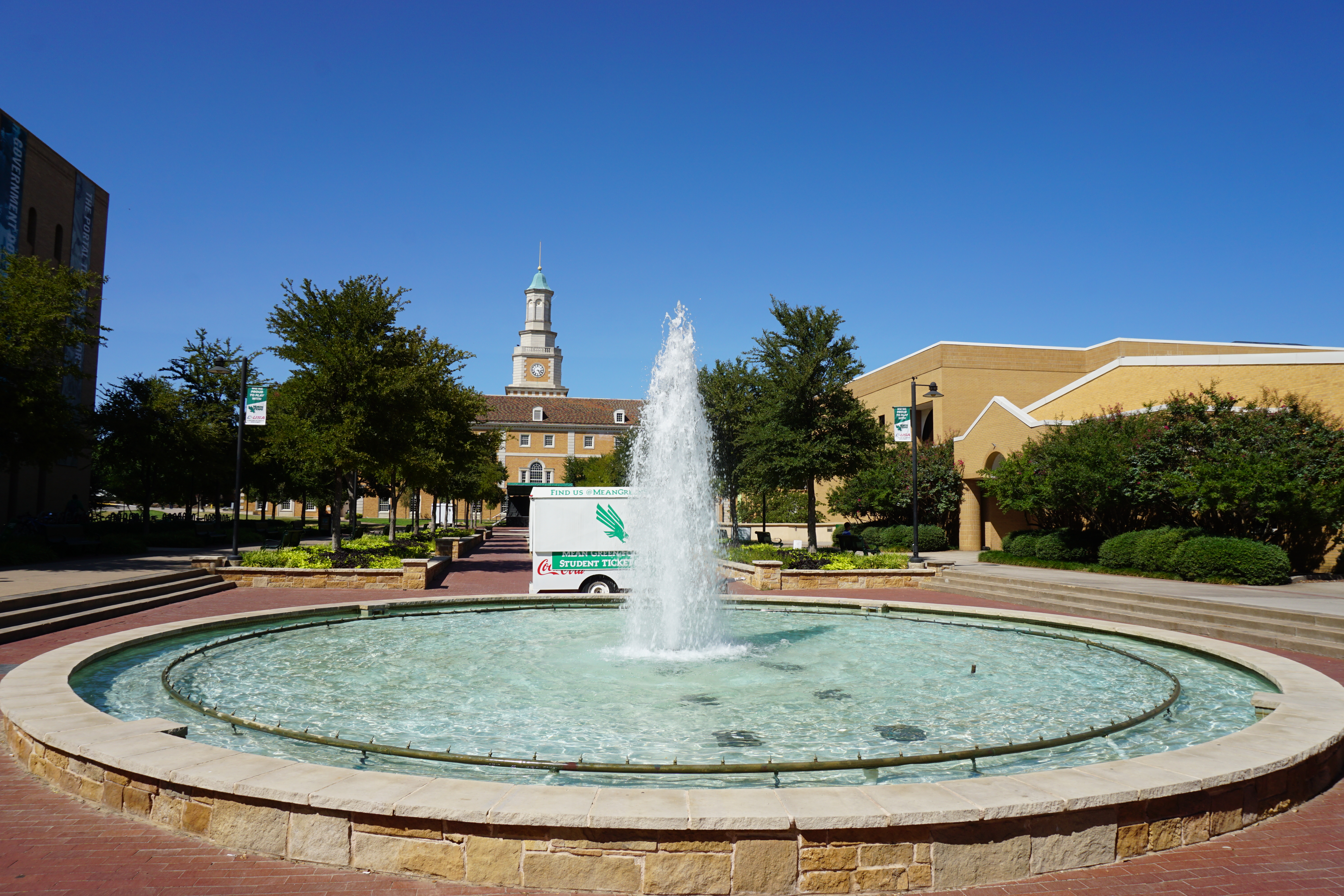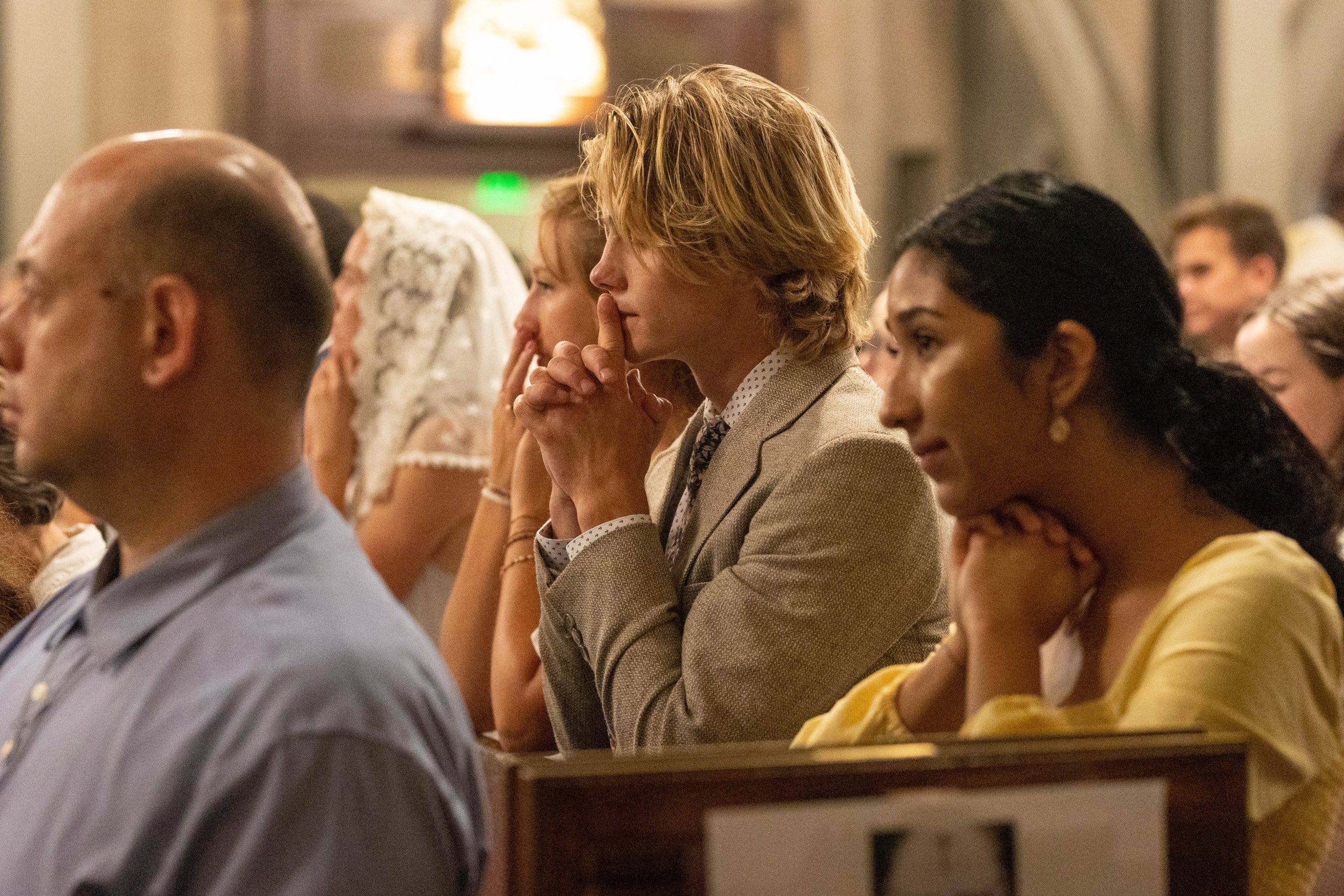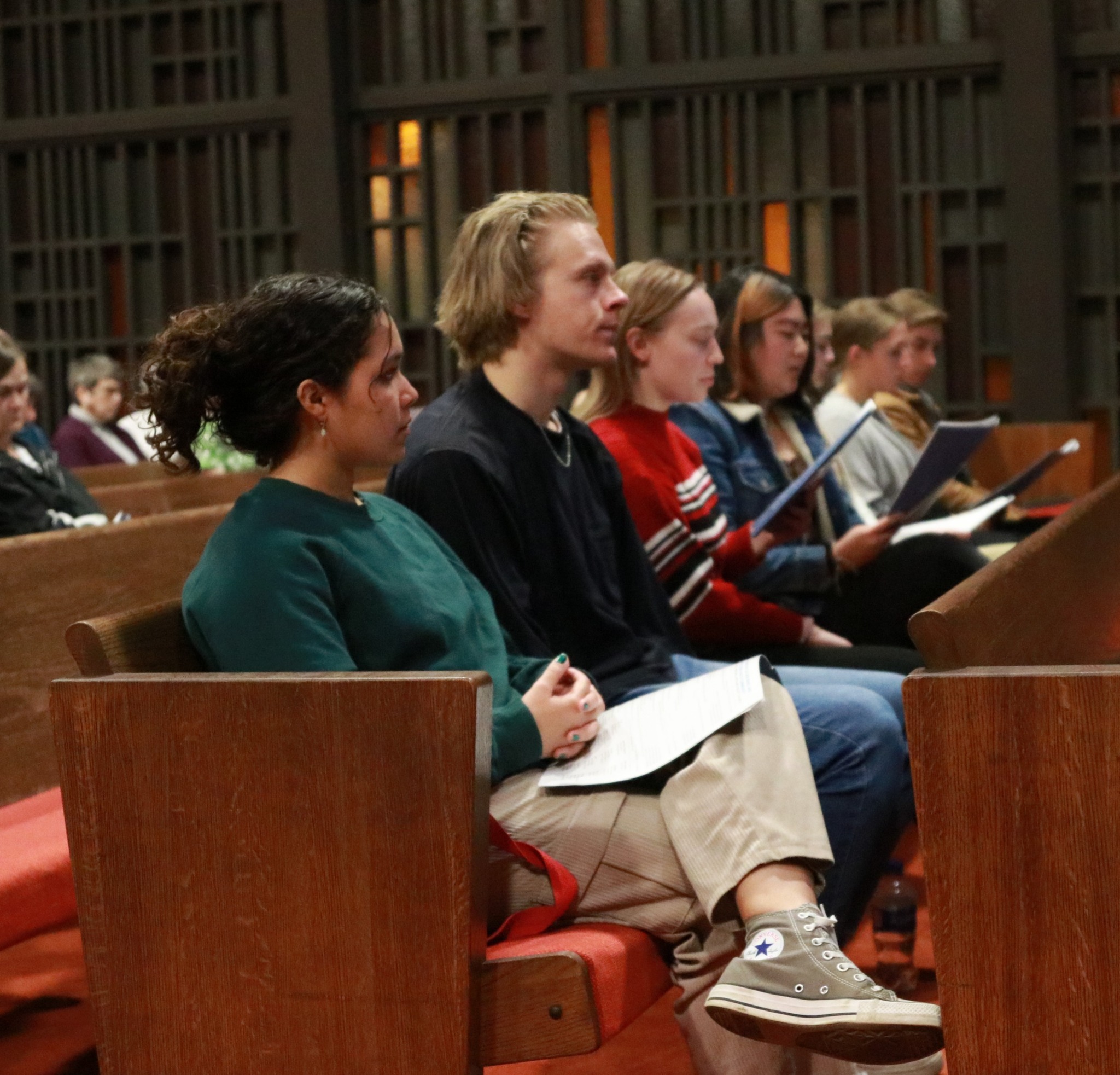“Patience is the companion of wisdom.”
Tag Archives: D7
- Home
- Posts tagged "D7" (Page 3)

Solar Panels on King’s College Chapel Roof
“…The solar panels will populate the gothic chapel roof, producing an approximate 105,000 kWh of energy a year – enough to run the chapel’s electricity, and saving around £20,000 in energy bills per year. The college confirmed that any excess energy would be sold off to the national grid.
Solar Panels on King’s College Chapel Roof
Solar panels perform better when listening to music:
A 2013 study by researchers at Imperial College London and Queen Mary University of London showed that solar panels actually work better when exposed to music, of multiple genres. Scientists at the university proved that when exposed to high pitched sounds, like those found in rock and pop music, the solar cells’ power output increased by up to 40 percent. Classical music was also found to increase the solar cells’ energy production, but slightly less so than rock and pop, as it generally plays at a lower pitch than pop and rock. Whether they know it or not, British band Coldplay are just one of the artists benefitting from this research. During their 2021 tour, they installed solar photovoltaic panels in the build-up to each show, “behind the stage, around the stadium and where possible in the outer concourses”…
BS 7671 Requirements for Electrical Installations
The Major Differences in Electrical Standards Between the U.S. and Europe
Representative Calculation: (WAG)
To determine how much electrical power and lighting 12 kilowatts (kW) will provide for an educational facility, we need to consider the following factors:
-
- Power Distribution: How the 12 kW will be distributed across different electrical needs such as lighting, computers, HVAC (heating, ventilation, and air conditioning), and other equipment.
- Lighting Requirements: The specific lighting requirements per square foot or room, which can vary based on the type of facility (classrooms, libraries, laboratories, etc.).
- Efficiency of Lighting: The type of lighting used (e.g., LED, fluorescent, incandescent) as this affects the power consumption and lighting output.
We start with lighting.
-
- Lighting Efficiency:
- LED lights are highly efficient, typically around 100 lumens per watt.
- Fluorescent lights are less efficient, around 60-70 lumens per watt.
- Lighting Power Calculation:
- 12 kW (12,000 watts) of LED lighting at 100 lumens per watt would provide: 12,000 watts×100 lumens/watt=1,200,000 lumens
- Illumination Requirements:
- Classroom: Approximately 300-500 lux (lumens per square meter).
- Library or laboratory: Approximately 500-750 lux.
- Area Coverage:
- If we target 500 lux (which is 500 lumens per square meter), we can calculate the area covered by the lighting: (1,200,000 lumens)/ 500 lux=2,400 square meters
- Lighting Efficiency:
Now we need to allocate power to other loads.
-
- Lighting: Assuming 50% of the 12 kW goes to lighting:
- Lighting Power: 6 kW (6,000 watts)
- Using the previous calculation: 6,000 watts×100 lumens/watt=600,000 lumens
- Area Coverage for lighting (at 500 lux): (600,000 lumens)/500 lux=1,200 square meters
- Other Electrical Needs:
- Computers and equipment: Typically, a computer lab might use around 100 watts per computer.
- HVAC: This can vary widely, but let’s assume 4 kW is allocated for HVAC and other systems.
- Lighting: Assuming 50% of the 12 kW goes to lighting:
Breakdown:
-
- Lighting: 6 kW
- Computers/Equipment: 2 kW (e.g., 20 computers at 100 watts each)
- HVAC and other systems: 4 kW
Summary
-
- Lighting: 12 kW can provide efficient LED lighting for approximately 1,200 square meters at 500 lux.
- General Use: When distributed, 12 kW can cover lighting, a computer lab with 20 computers, and basic HVAC needs for a small to medium-sized educational facility.
The exact capacity will vary based on specific facility needs and equipment efficiency.
Beauty in a World of Ugliness
This is happening Thursday at Peterhouse:
13:00 – 13:30
Fellows Orientation
14:00 – 15:30
Session I: Scruton’s Aesthetics
A. O’Hear
F. Hörcher
A. Frost
16:00 – 17:00
Session II: Art and Modernity
C. Varry
J. Kolata
17:30 – 19:00
Keynote I: Beauty and the Sacred
D. Hedley
J. Orr pic.twitter.com/EYnWIbDwtl— Ferenc Hörcher (@HorcherF) September 13, 2023
History of Western Civilization Told Through the Acoustics of its Worship Spaces
Abstract. Insights into the history and future of western civilization are found by applying information theory to the acoustical communication channel (ACC) of its worship spaces. Properties of the ACC have both influenced and reflected the choice of message coding (e.g., speech or music) at various times. Speech coding is efficient for acoustically dry ACCs, but hopeless for highly time-dispersive ACCs. Music coding is appropriate for time dispersive (reverberant) ACCs. The ACCs of synagogues, early Christian house churches, and many Protestant churches are relatively acoustically “dry” and thus well suited to spoken liturgies.
The spoken liturgy, dominant in synagogues, was carried over to early Christian churches, but became unworkable in Constantinian cathedrals and was largely replaced with a musical liturgy. After a millennium, the cathedral acoustic was altered to suit the doctrinal needs of reformation churches with its renewed emphasis on the spoken word. Worship forms continue to change, and the changes are reflected in the properties of the ACC. The pulpits of electronic churches may be evolving into radio and television performance spaces and naves into worshipers’ living rooms.
"Shenandoah" | King's College Choirhttps://t.co/VRpzzKPoKA@ChoirOfKingsCamhttps://t.co/1arQmfueQ0 pic.twitter.com/QcyPr56n52
— Standards Michigan (@StandardsMich) September 10, 2023
The Art of Harmony
“Music is often called a universal language.
Why can we listen to Mozart’s sonatas or Bach’s compositions a thousand times and still find joy?
Music’s layers of meaning are inexhaustible. Even centuries later, these masterpieces continue to teach us about… pic.twitter.com/Pq8SHCRpub
— Peterson Academy (@petersonacademy) November 23, 2024
International Building Code § 303.4: Places of Religious Worship
Occupancy classification is a first principle in all International Code Council consensus products. Chapels and churches associated with educational institutions are grouped with all other “Places of Religious Worship” in Section 303.4 Assembly Group A-3. You may find the text of this section in the current 2024 edition in the link below:
2024 International Building Code | Section 303 | Assembly Group A
For the next few weeks we will sort through issues appearing in the transcript below:
2025 Group B Committee Action Agenda (2630 Pages)
Recent incidents in the tragic city of Minneapolis inspire revisiting the standards of care listed below:
Targeted Violence and Active Shooters: Incidents like mass shootings have increased, with 54% of attacks on U.S. houses of worship involving armed assaults, often motivated by religious or racial hatred (67% of cases). Comprehensive emergency plans and training are critical.
Vandalism and Arson: These are common, with over 400 attacks on U.S. churches since 2020, including property damage and desecration. Surveillance cameras and regular security audits can deter such acts.
Theft: Donation boxes, religious artifacts, and personal belongings are frequent targets. Access control and monitoring valuables reduce risks.
Cybersecurity Threats: Houses of worship are vulnerable to hacking, ransomware, and data breaches, especially as they rely on digital platforms. Implementing cybersecurity best practices is essential.
Internal Threats: Risks from disgruntled employees or volunteers, including theft or fraud, necessitate thorough background checks and clear protocols for handling sensitive information.
Proactive measures like risk assessments, security teams, and collaboration with law enforcement can mitigate these threats while maintaining a welcoming environment
Related:
Why is the State of Minnesota such a hot mess?
University Art Collections
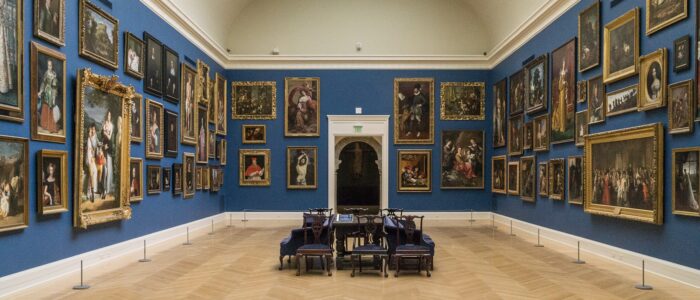
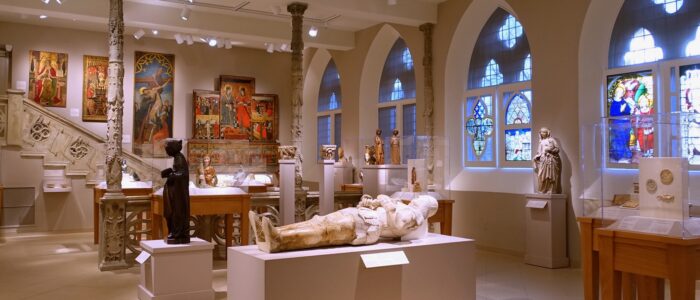
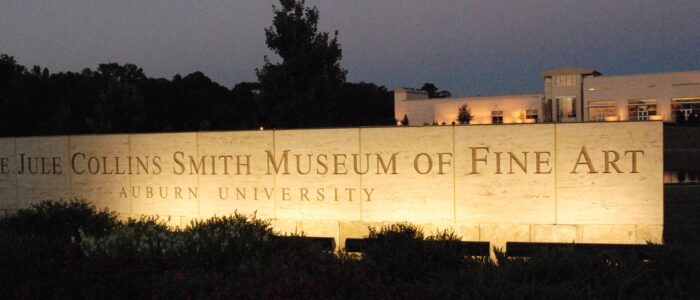
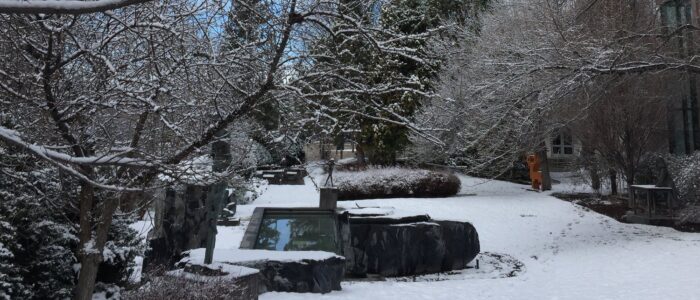
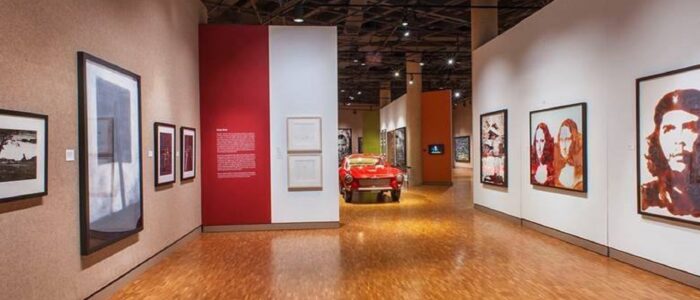
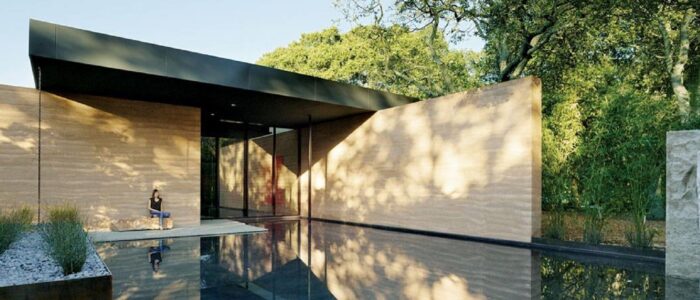
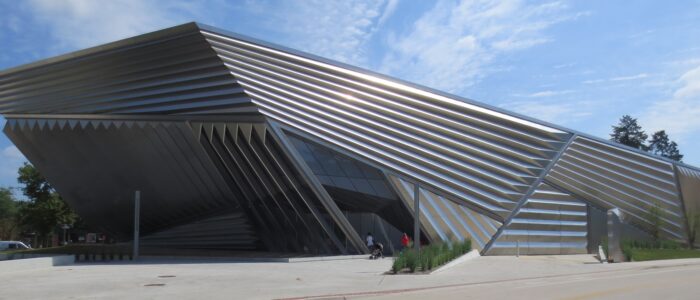
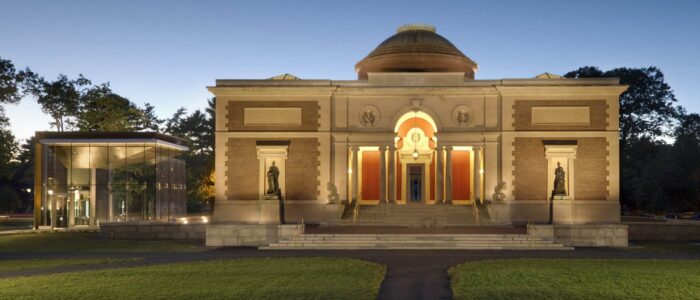
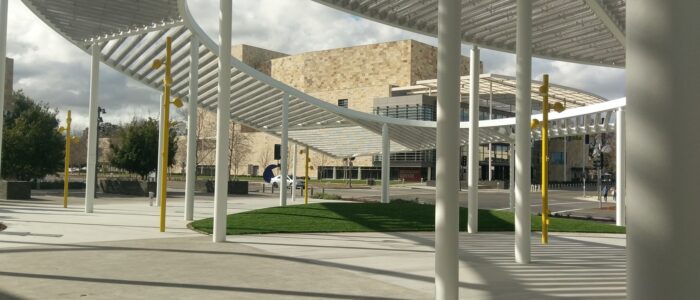
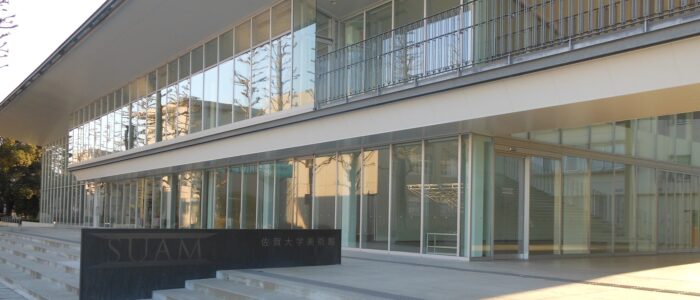
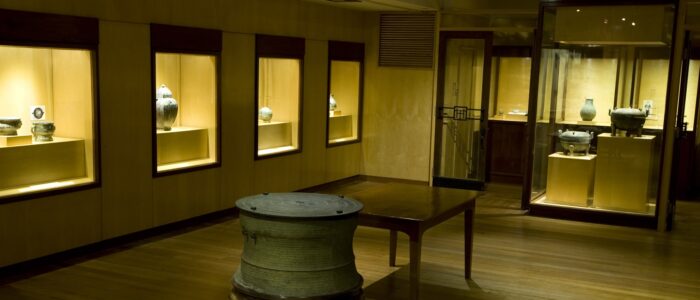
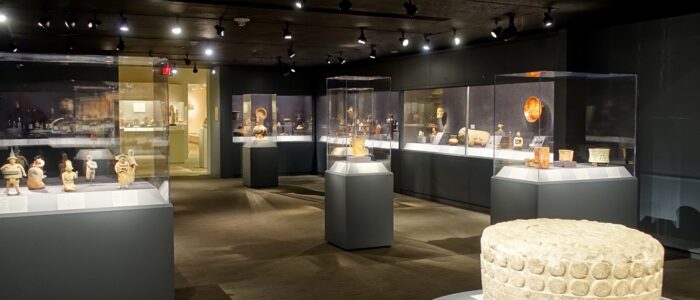
“We have art in order not to perish from the Truth”
— Friedrich Nietzsche
We occasionally break from our focus on the technology and management of these “cities-within-cities” and dwell briefly on the primary business of the academy. Academic museums and galleries provide a setting for conveying inherited wisdom to the next generation of cultural leaders. We include in this gallery examples of architectural art of the buildings themselves. Click on images for more artist and location credit. Technical information about safety and sustainability of this facility class appears at the bottom of this page.
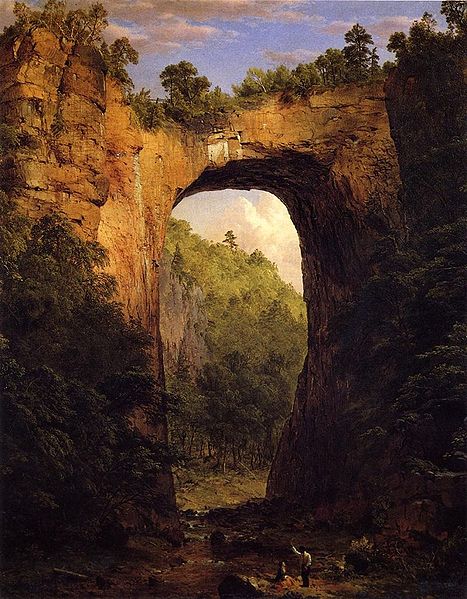
University of Virginia Museum of Art | “The Natural Bridge, Virginia” | Frederic Edwin Church (1852)
Bowdoin College Museum of Art | View on the Hudson | George Inness
Harvard University | In the Sierras, Lake Tahoe (Albert Bierstadt)
University of Minnesota Art Museum
LEARN MORE:
Fountains
From time to time we break from our interest in lowering the cost of our “cities-within-cities” to enjoy the work of our colleagues responsible for seasonal ambience and public art. We have a dedicated post that celebrates the accomplishments of our gardeners and horticultural staff. Today we dedicate a post to campus fountains–a focal point for gathering and a place for personal reflection for which there is no price.
Alas, we find a quickening of standards developing organizations growing their footprint in the spaces around buildings now. They used to confine the scopes of their standardization enterprises to the building envelope. That day will soon be behind us as an energized cadre of water rights social justice workers, public safety, sustainability and energy conservation professionals descend upon campus fountains with prescriptive requirements for evaporation rates, bromine concentrations, training, certification and inspections. In other words regulators and conformity functionaries will outnumber benefactors and fountain designers 1 million to 1.
We will deal with all that when the day comes. For the moment, let’s just enjoy them.
We are happy to walk you through the relevant structural, water safety, plumbing and electrical issues any day at 11 AM EST during our daily standing online teleconferences. Click on any image for author attribution, photo credit or other information.
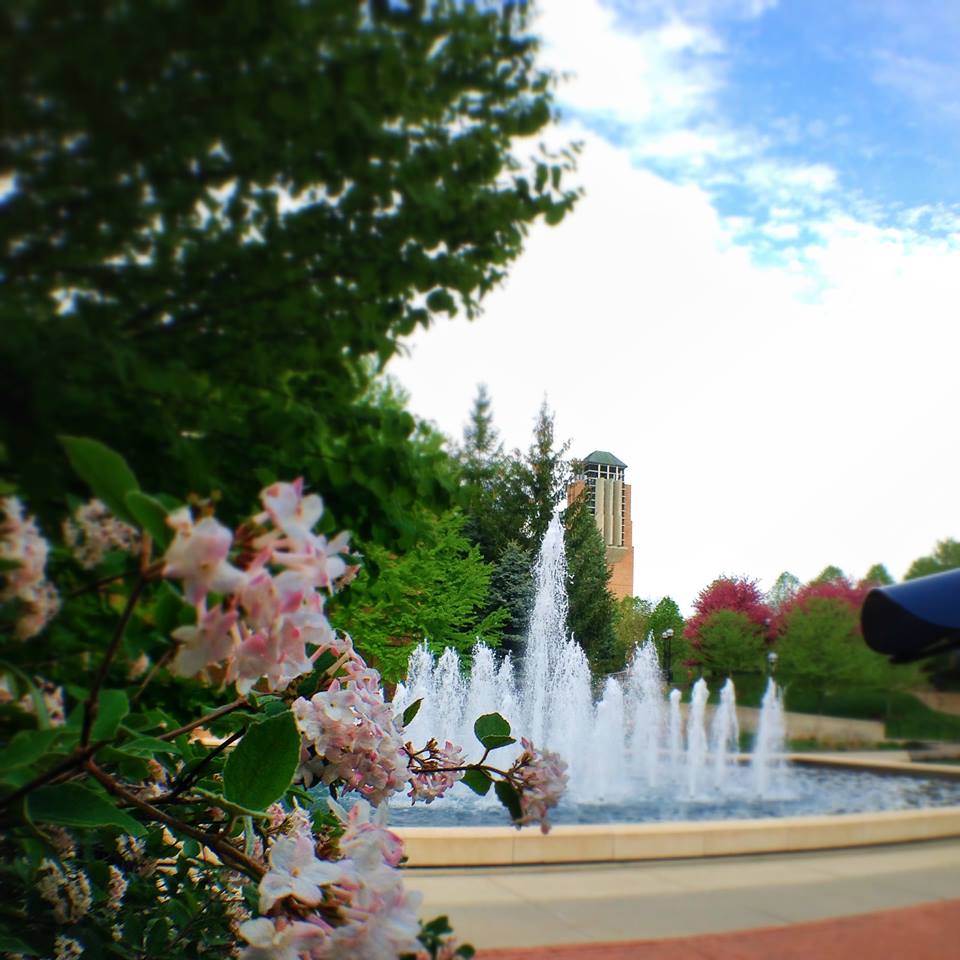
University of Michigan College of Engineering
Peach Cobbler
Santa Clara University Consolidated Financial Statements | $2.9 billion
Follow #SantaClaraUniversity across platforms to stay up to date with the leading #Jesuit university in #SiliconValley. #DiscoverSCU
📷 Instagram: https://t.co/Vni4SipVEH
👍🏽 Facebook: https://t.co/X1tKW02iZn
💼 LinkedIn: https://t.co/Rhwh4DReVI
😆 TikTok: https://t.co/yqUvfBWbIK pic.twitter.com/mrYtn6G0O6— Santa Clara Univ (@SantaClaraUniv) November 20, 2022
🍑 season is here!! pic.twitter.com/sFVK62dXUk
— Holly (@HTAgronomy) August 9, 2024
Places of Worship
“The Church is not a gallery for the exhibition of eminent Christians,
but a school for the education of imperfect ones.”
— Henry Ward Beecher
WEBCAST Committee Action Hearings, Group A #2
2024 International Building Code: Chapter 3 Occupancy Classification and Use
In the International Code Council catalog of best practice literature we find the first principles for safety in places of worship tracking in the following sections of the International Building Code (IBC):
“303.1.4: Accessory religious educational rooms and religious auditoriums with occupant loads less than 100 per room or space are not considered separate occupancies.” This informs how fire protection systems are designed.
Section 305 Educational Group E
“305.2.1: Rooms and spaces within places of worship proving such day care during religious functions shall be classified as part of the primary occupancy.” This group includes building and structures or portions thereof occupied by more than five children older than 2-1/2 years of age who receive educational, supervision or personal care services for fewer than 24 hours per day.
Section 308 Institutional Group I
“308.5.2: Rooms and spaces within places of religious worship providing [Group I-4 Day Care Facilities] during religious functions shall be classified as part of the primary occupancy. When [Group I-4 Day Care Facilities] includes buildings and structures occupied by more than five persons of any age who receive custodial care for fewer than 24 hours per day by persons other than parents or guardians, relatives by blood, marriage or adoption, and in a place other than the home of the person cared for.
Tricky stuff — and we haven’t even included conditions under which university-affiliated places of worship may expected to be used as community storm shelters.
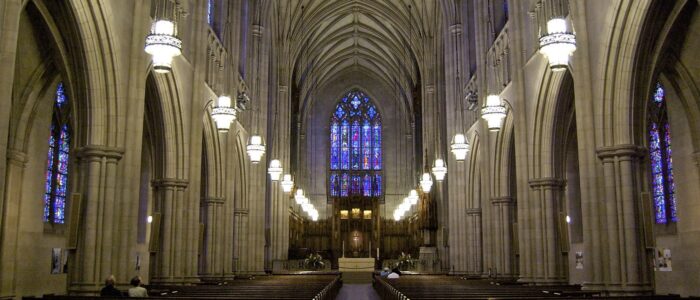
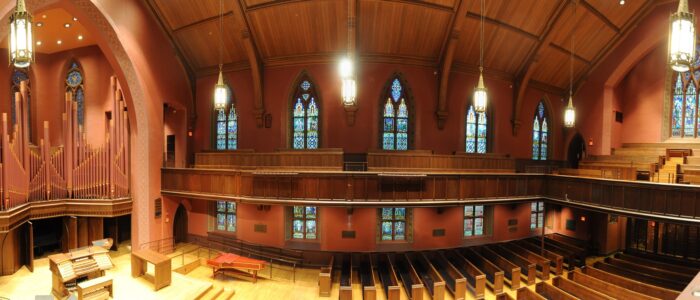
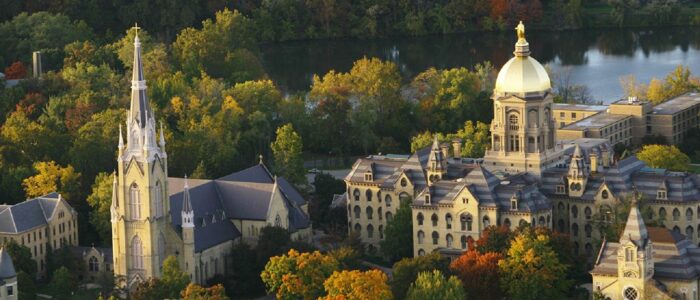
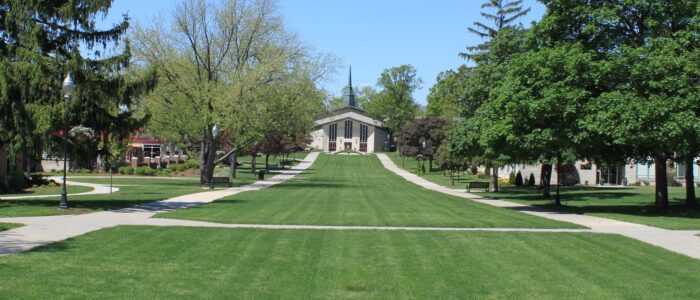
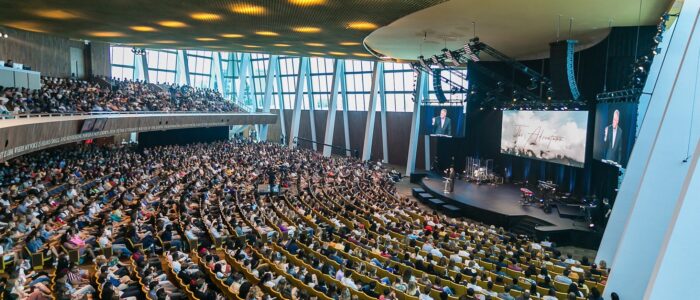
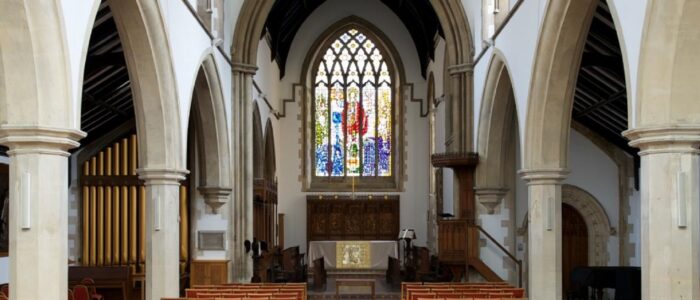
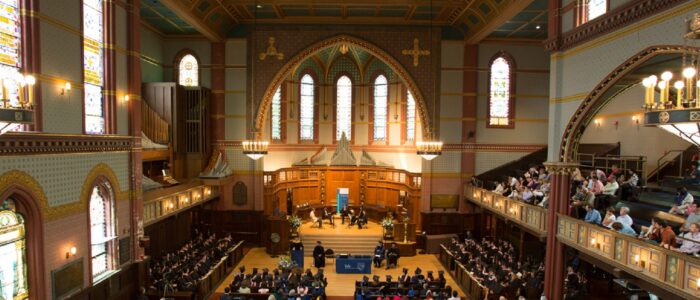
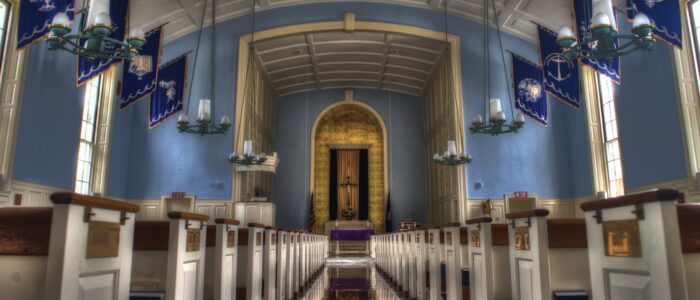
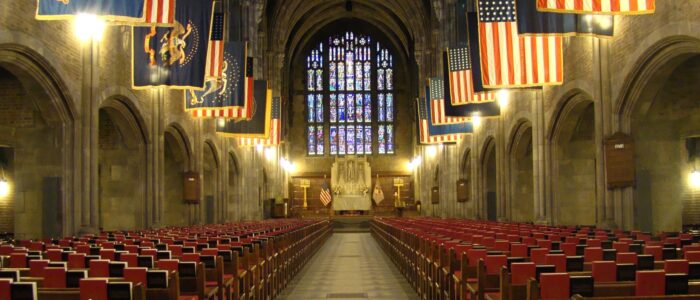
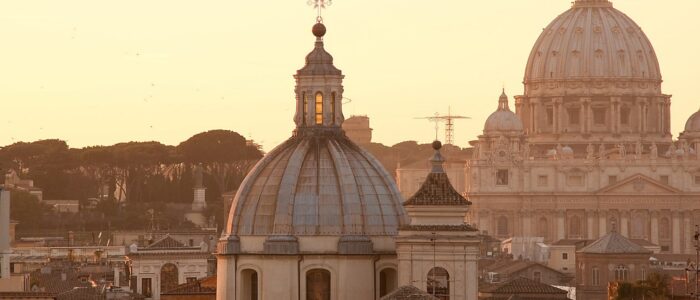
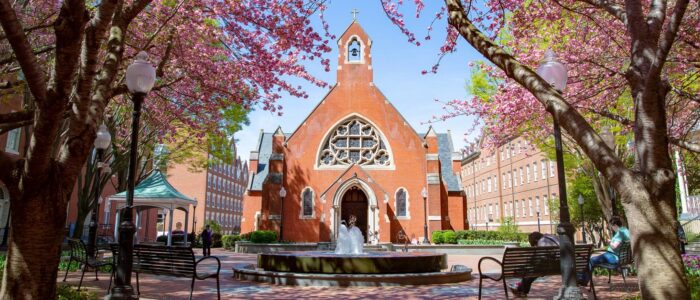

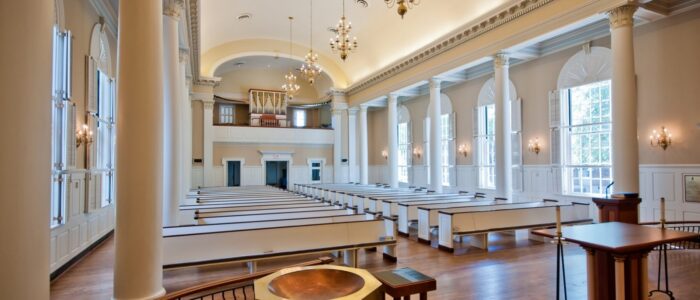
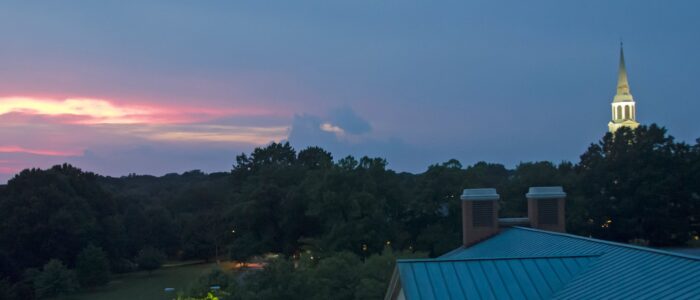
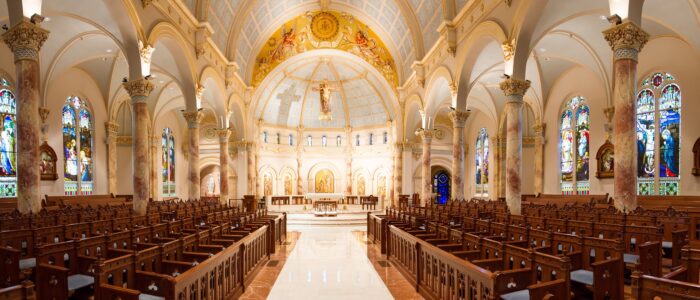
2024/2025/2026 ICC CODE DEVELOPMENT SCHEDULE
Public response to Committee Actions taken in Orlando in April will be received until July 8th.
Because standard development tends to be a backward-looking domain it is enlightening to understand the concepts in play in previous editions. The complete monograph of proposals for new building safety concepts for places of worship for the current revision cycle is linked below:
2021/2022 Code Development: Group B
A simple search on the word “worship” will reveal what ideas are in play. With the Group B Public Comment Hearings now complete ICC administered committees are now curating the results for the Online Governmental Consensus Vote milestone in the ICC process that was completed December 6th. Status reports are linked below:
2018/2019 Code Development: Group B
Note that a number of proposals that passed the governmental vote are being challenged by a number of stakeholders in a follow-on appeals process:
A quick review of the appeals statements reveals some concern over process, administration and technical matters but none of them directly affect how leading practice for places of worship is asserted.
We are happy to get down in the weeds with facility professionals on other technical issues regarding other occupancy classes that are present in educational communities. See our CALENDAR for next Construction (Ædificare) colloquium open to everyone.
Issue: [17-353]
Category: Chapels
Colleagues: Mike Anthony, Jack Janveja, Richard Robben, Larry Spielvogel
More
Religion is a culture of faith; science is a culture of doubt. pic.twitter.com/H6dgJ5DnSC
— Prof. Feynman (@ProfFeynman) October 8, 2023
New update alert! The 2022 update to the Trademark Assignment Dataset is now available online. Find 1.29 million trademark assignments, involving 2.28 million unique trademark properties issued by the USPTO between March 1952 and January 2023: https://t.co/njrDAbSpwB pic.twitter.com/GkAXrHoQ9T
— USPTO (@uspto) July 13, 2023
Standards Michigan Group, LLC
2723 South State Street | Suite 150
Ann Arbor, MI 48104 USA
888-746-3670





